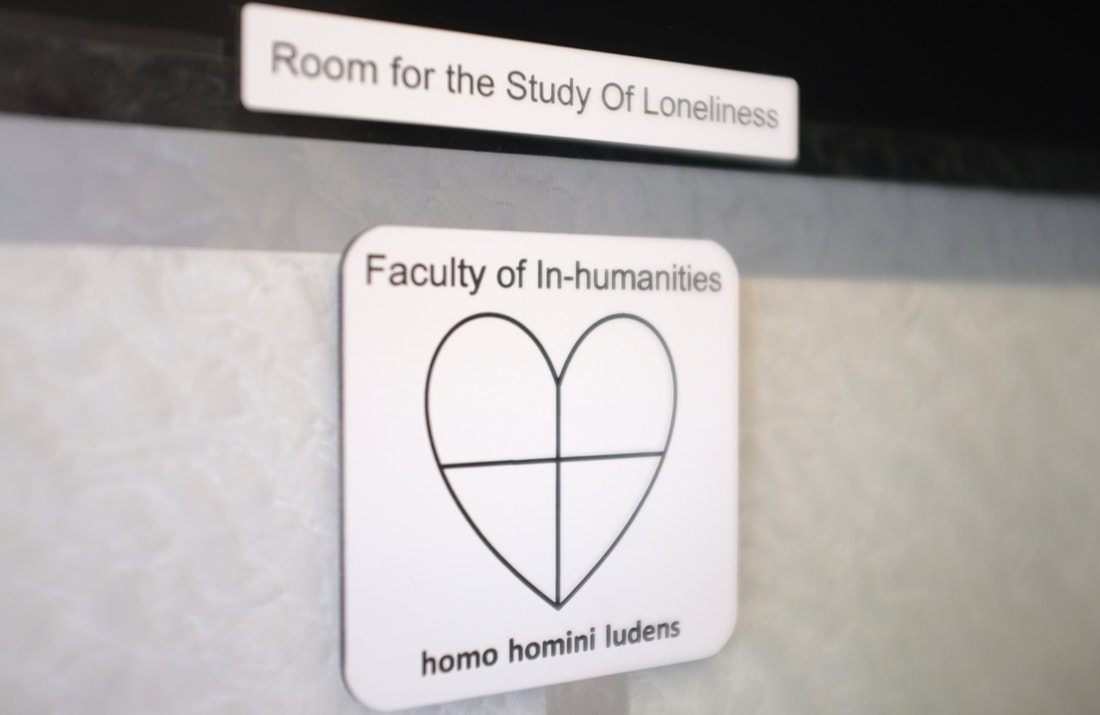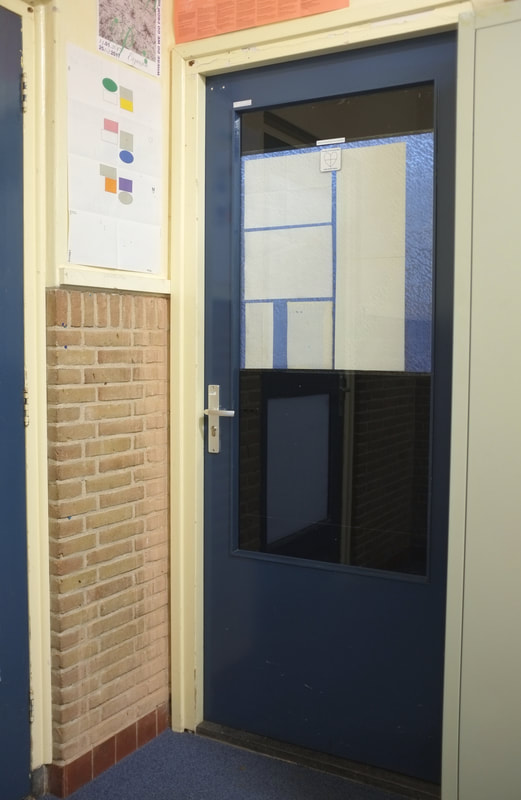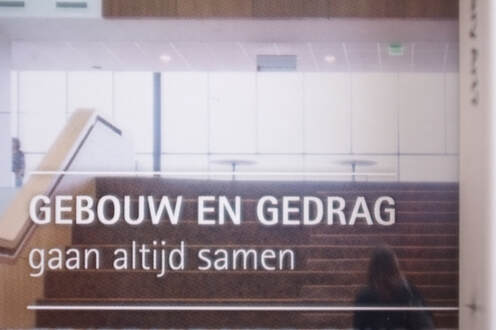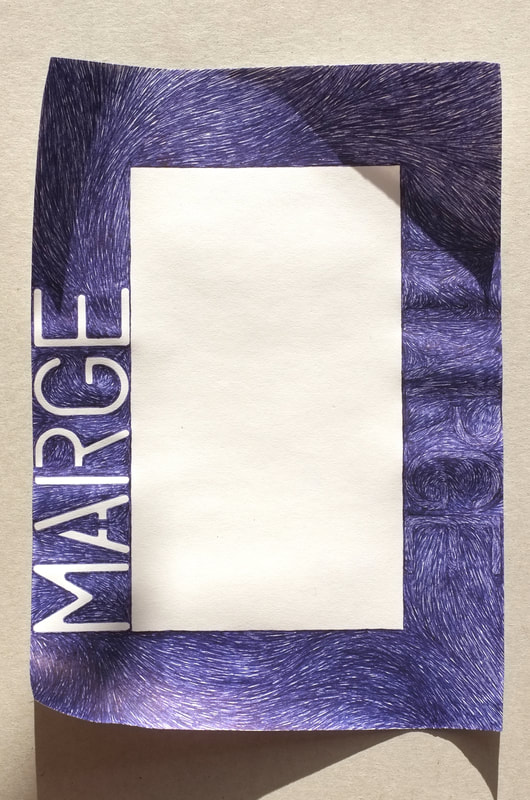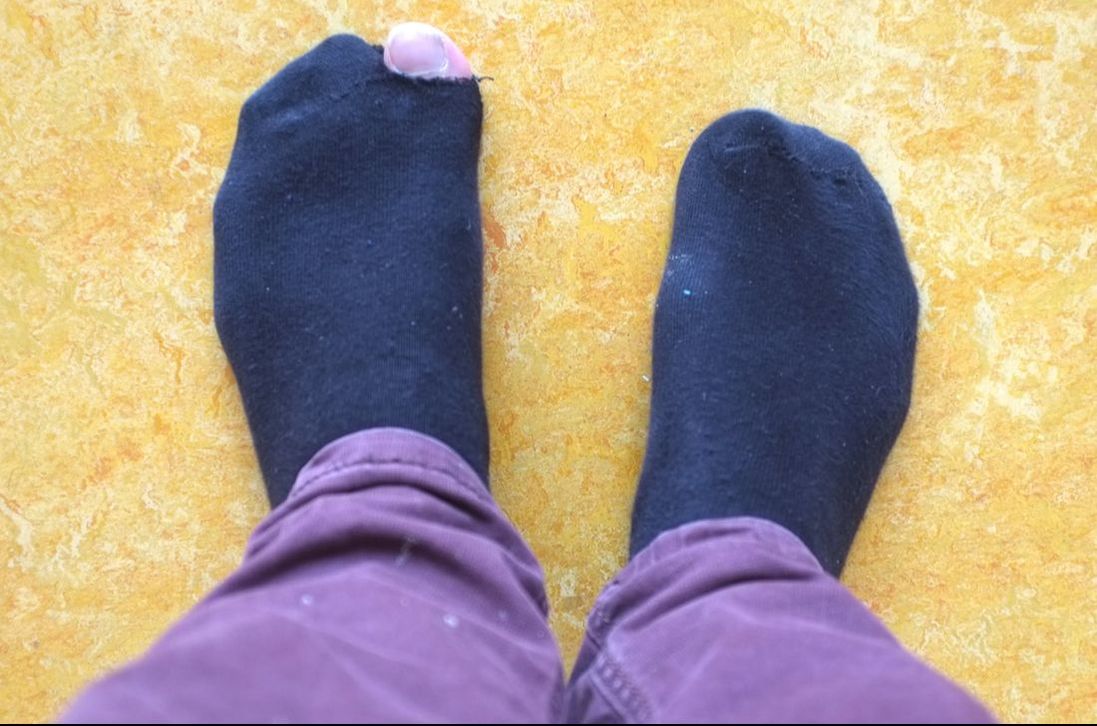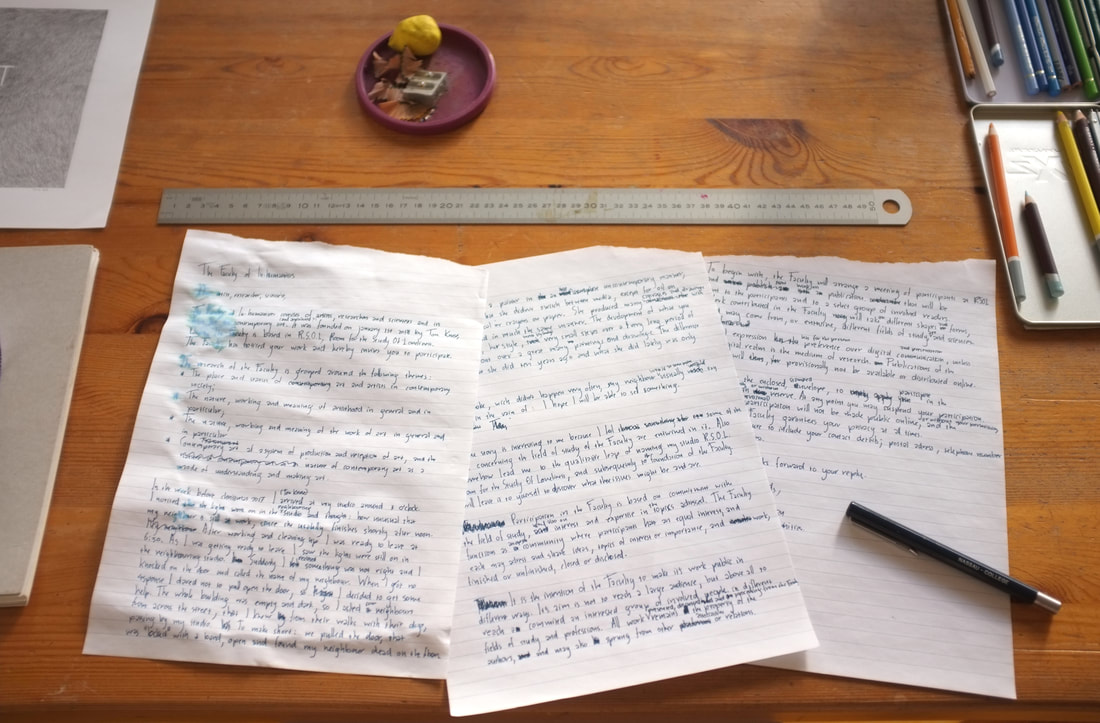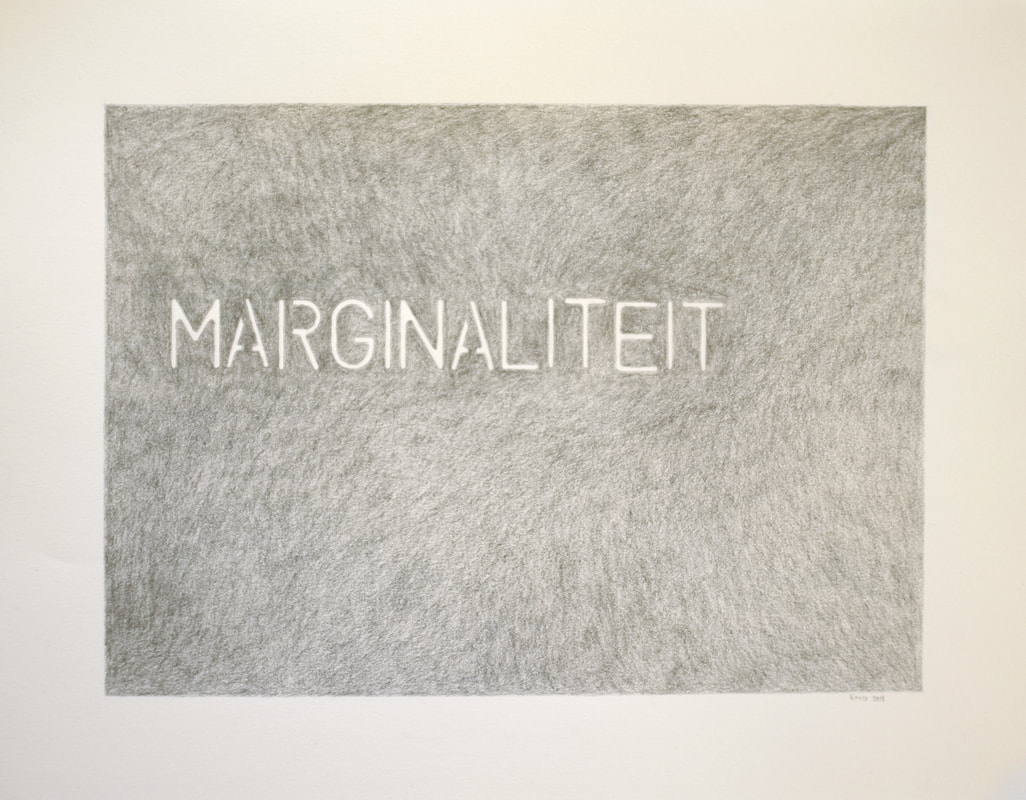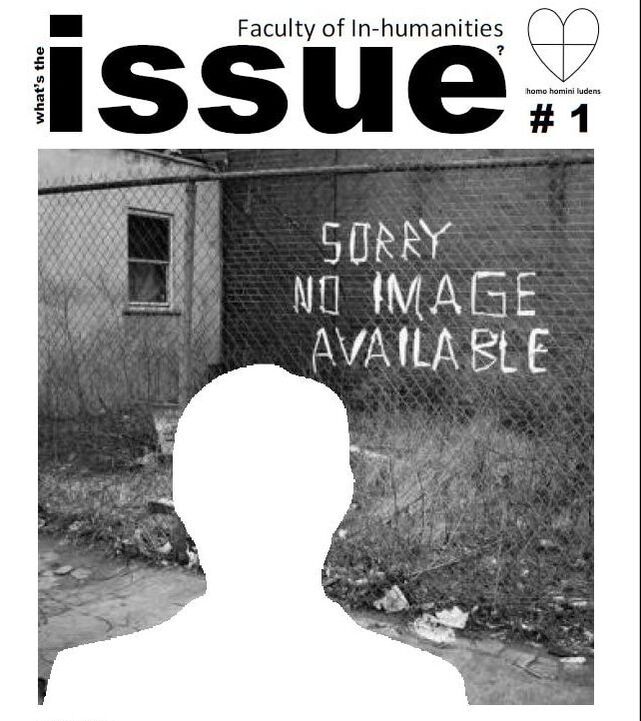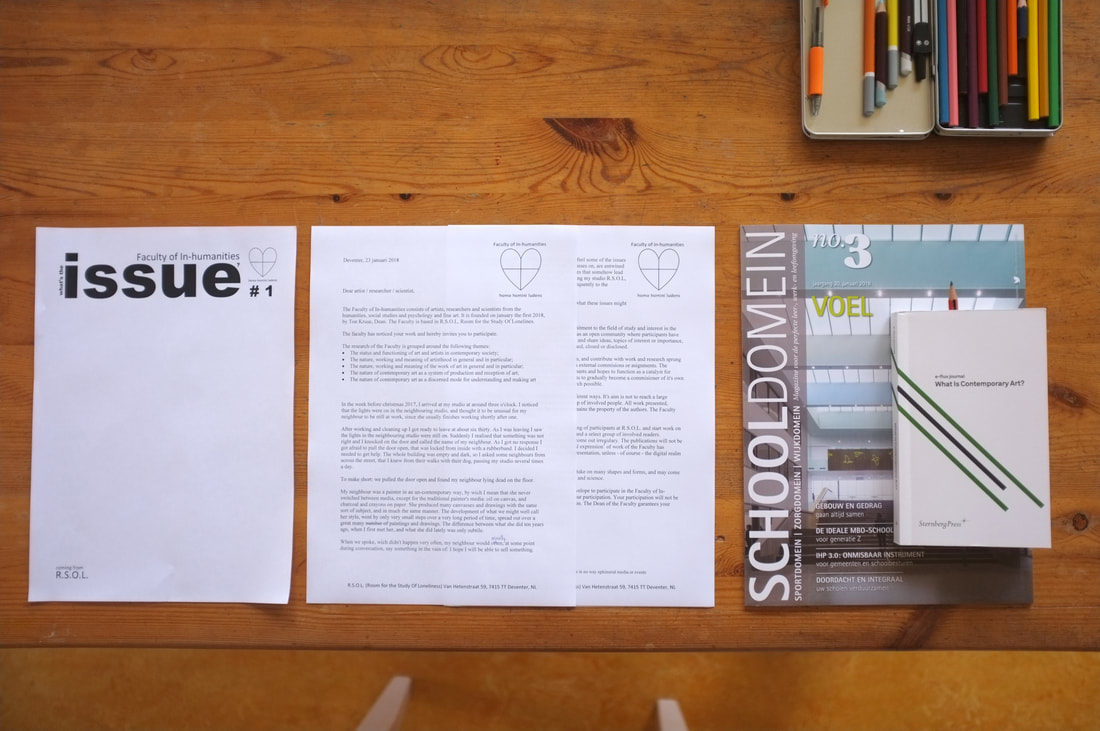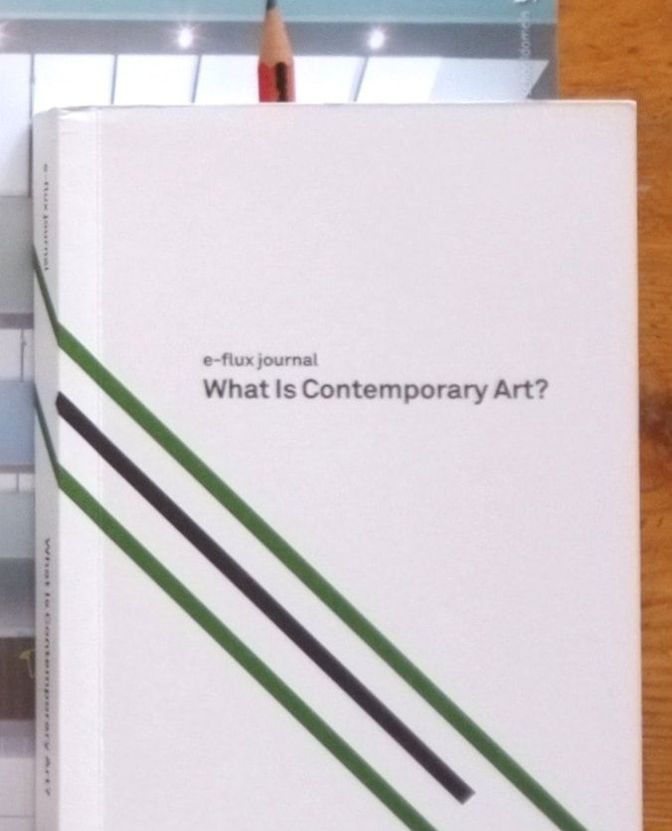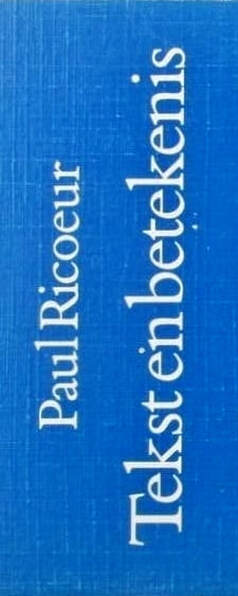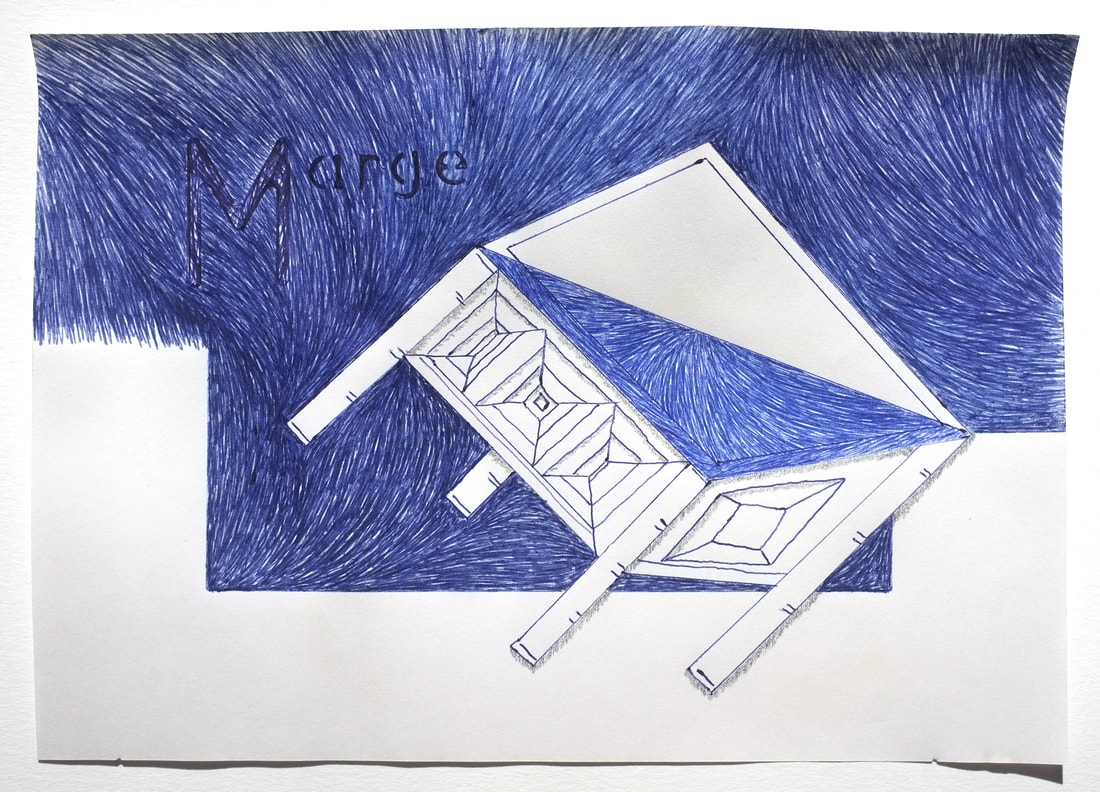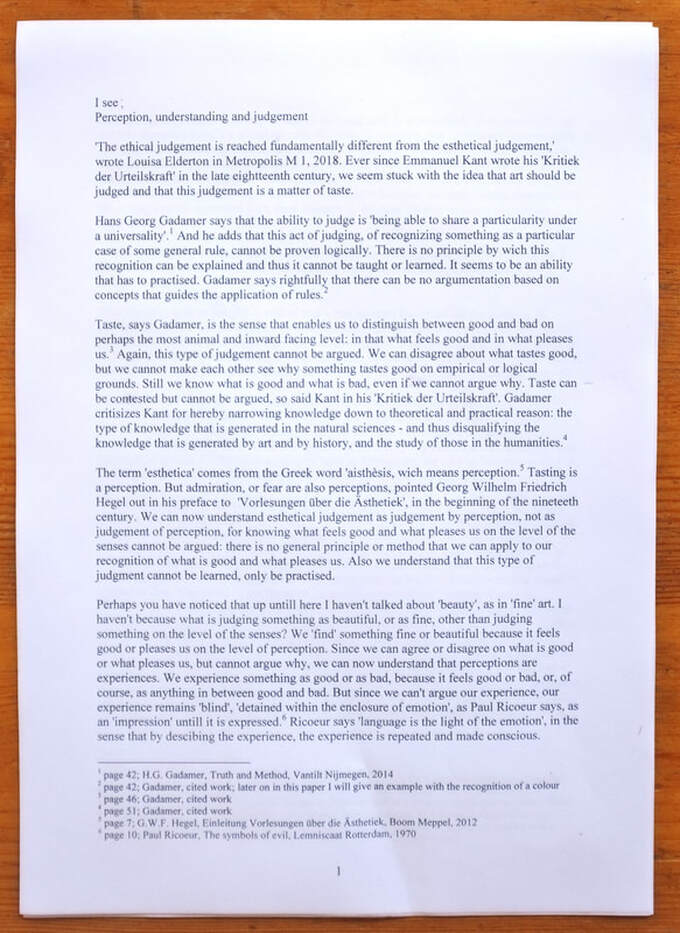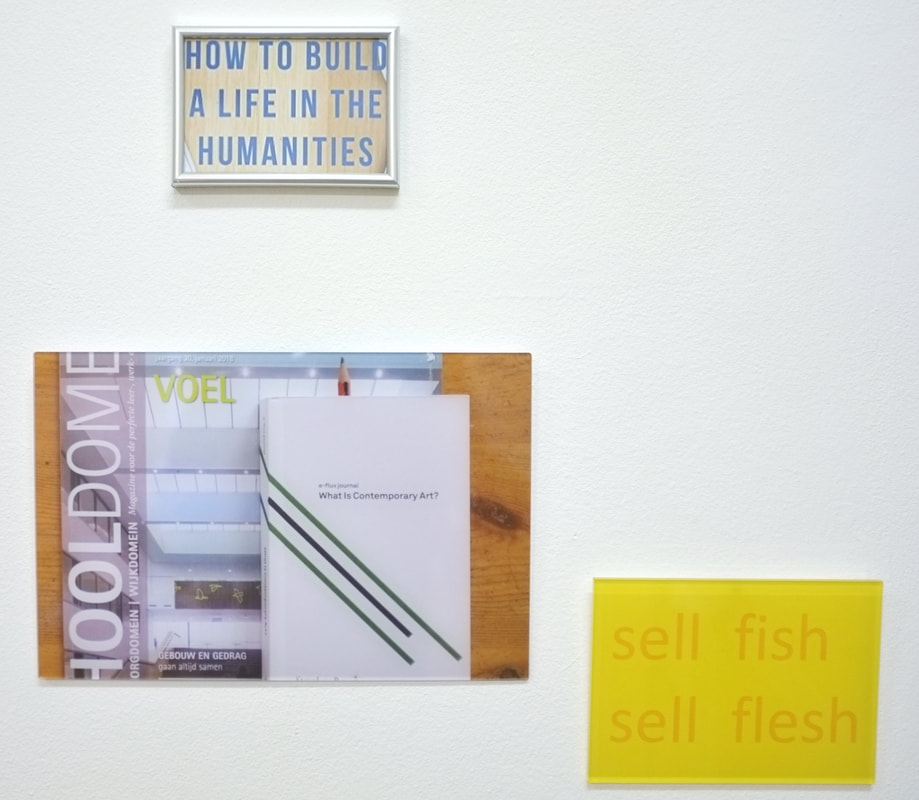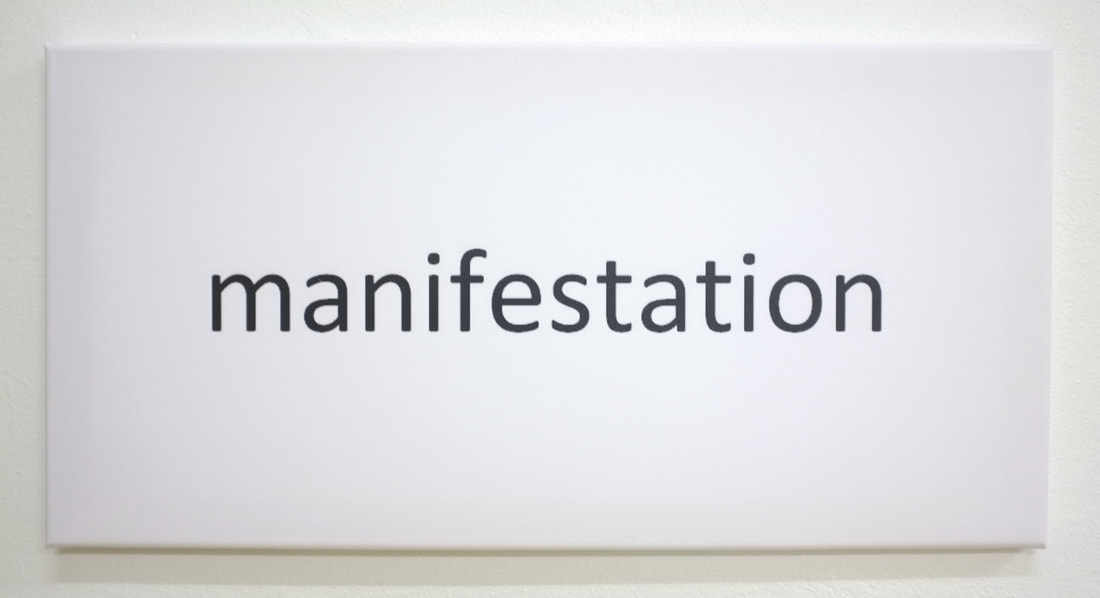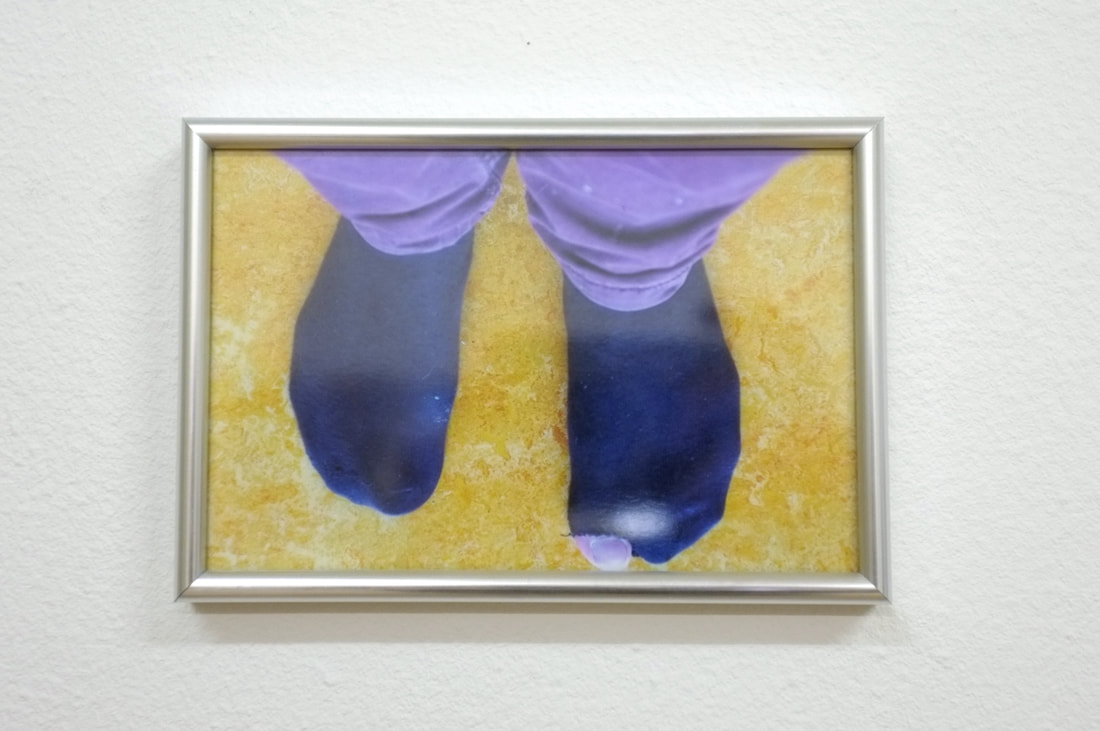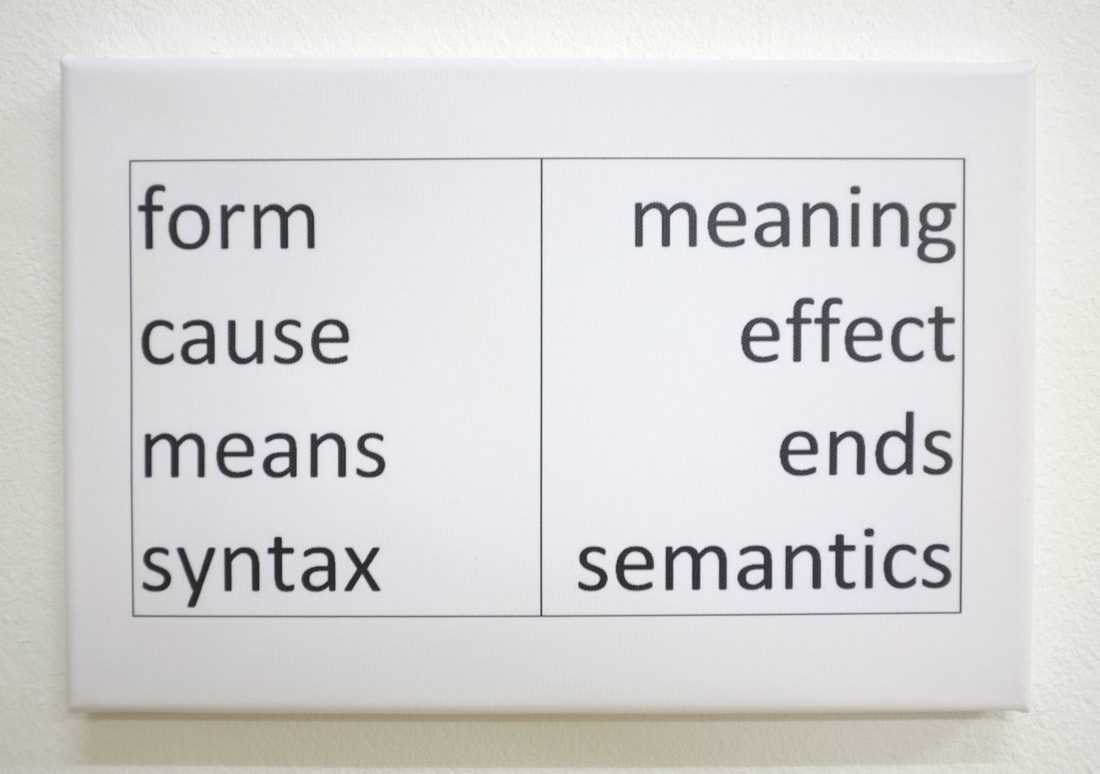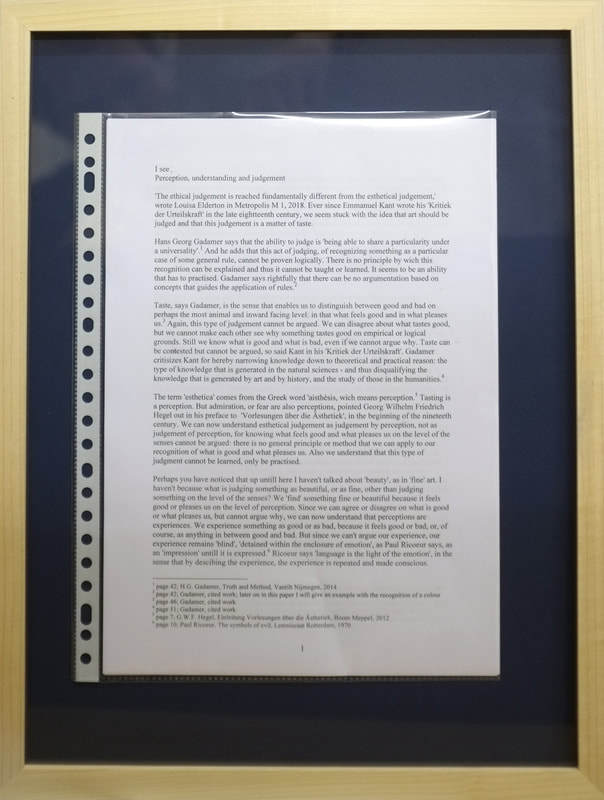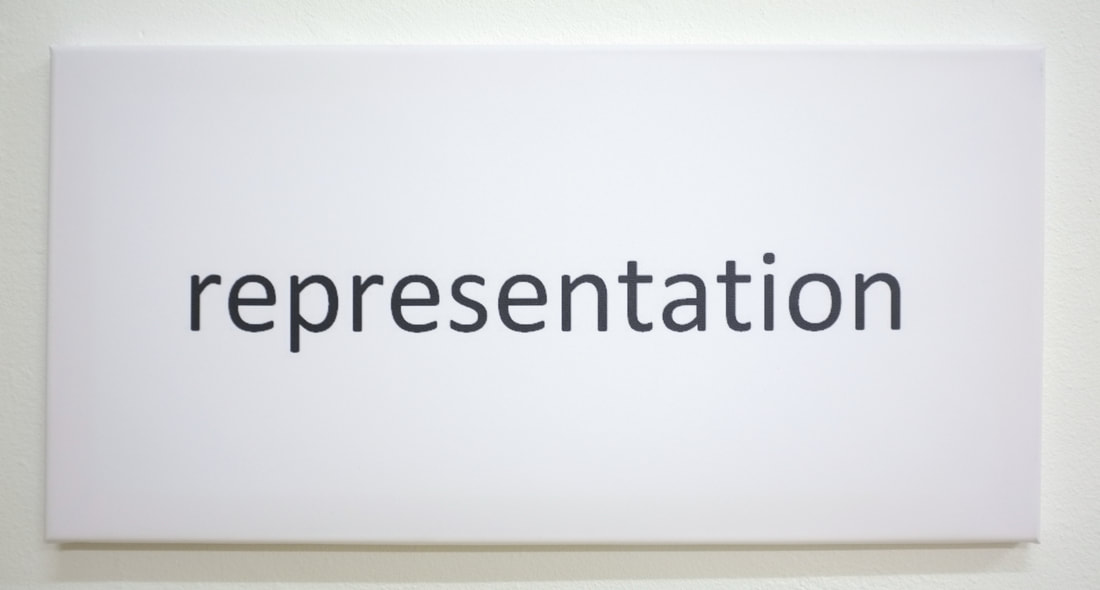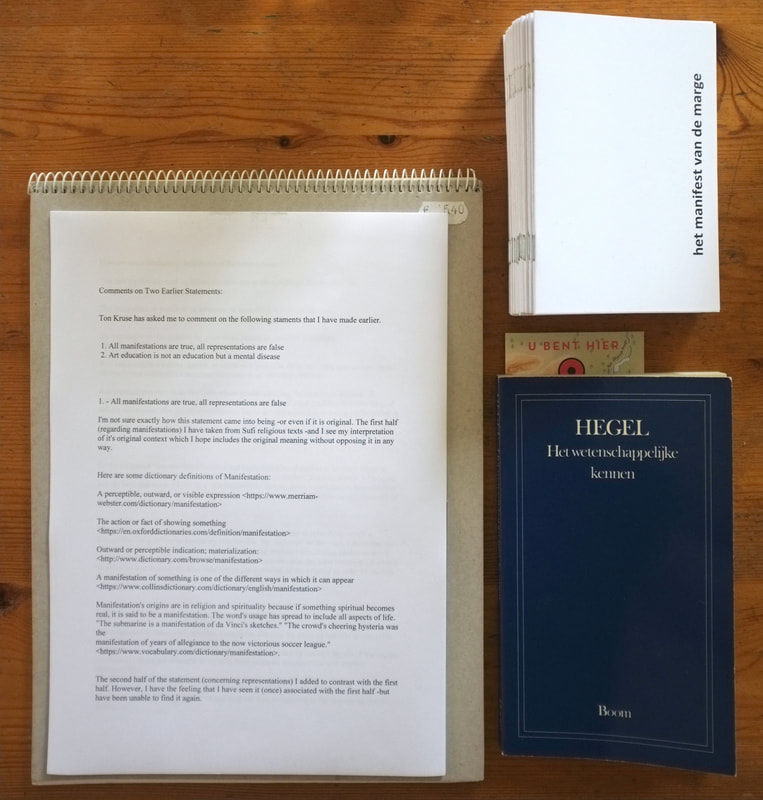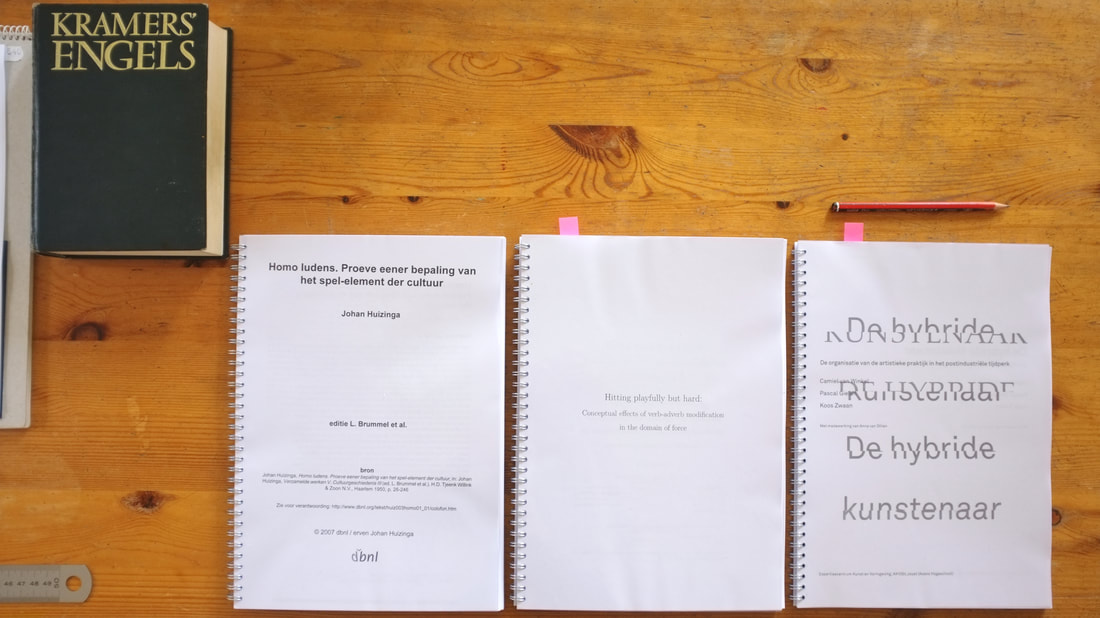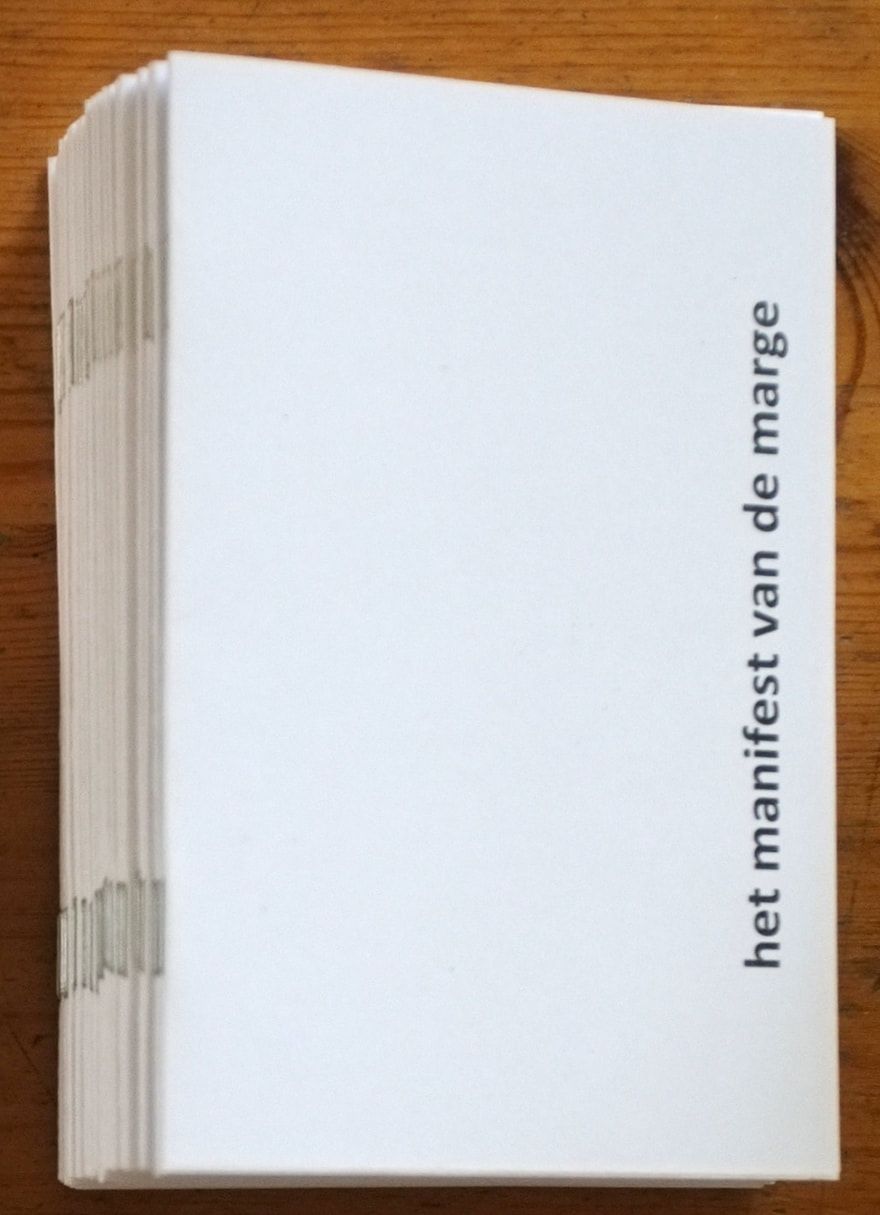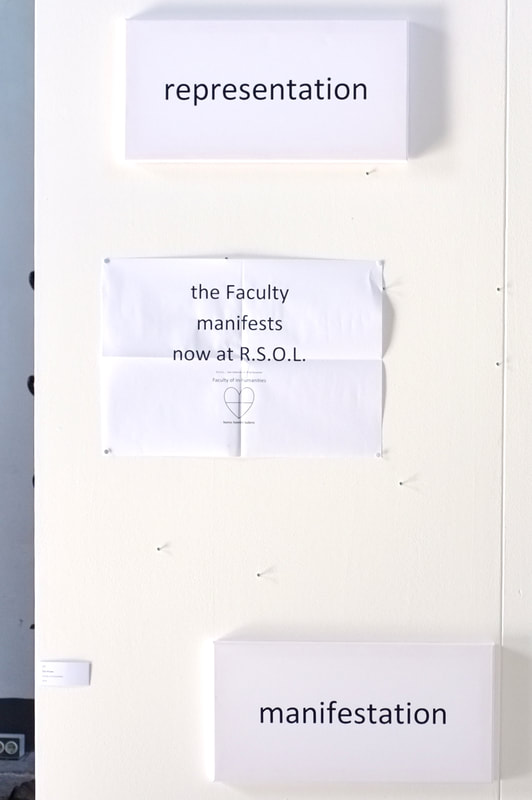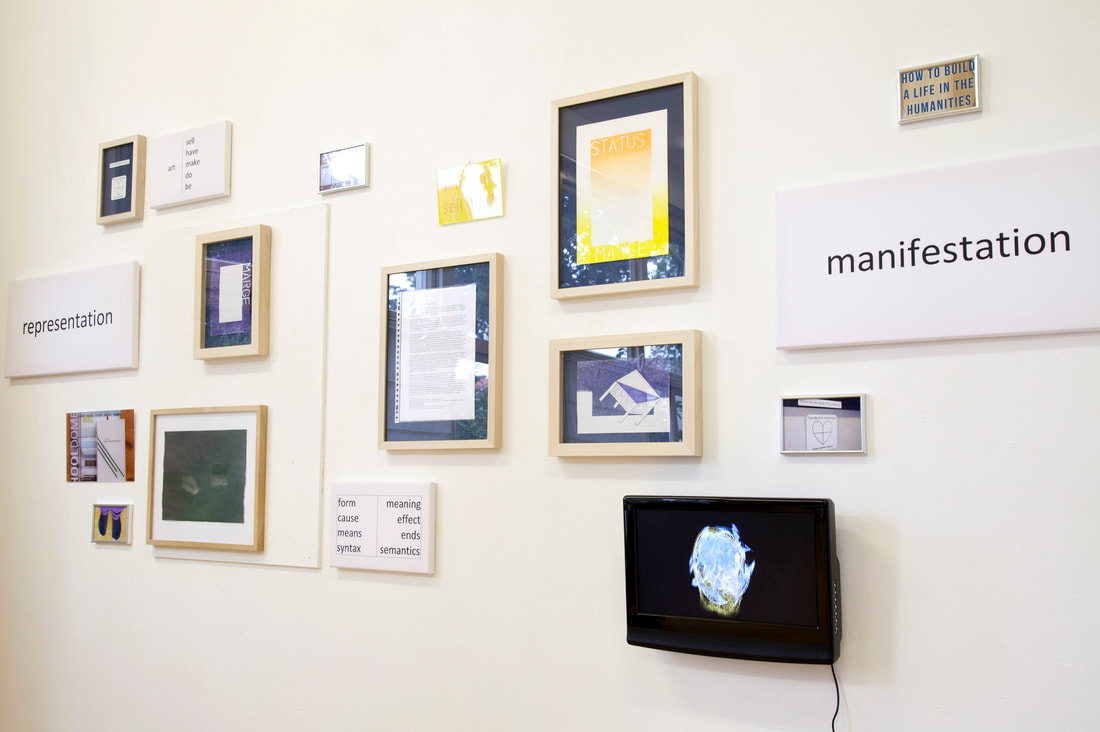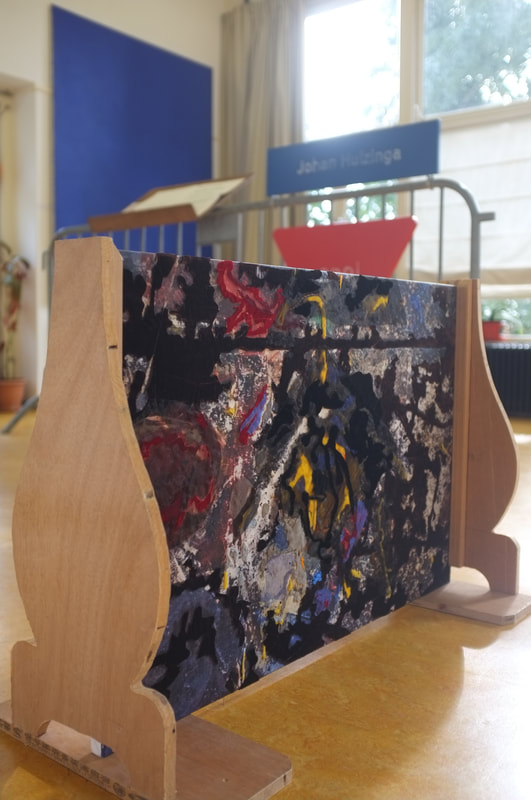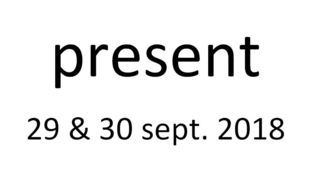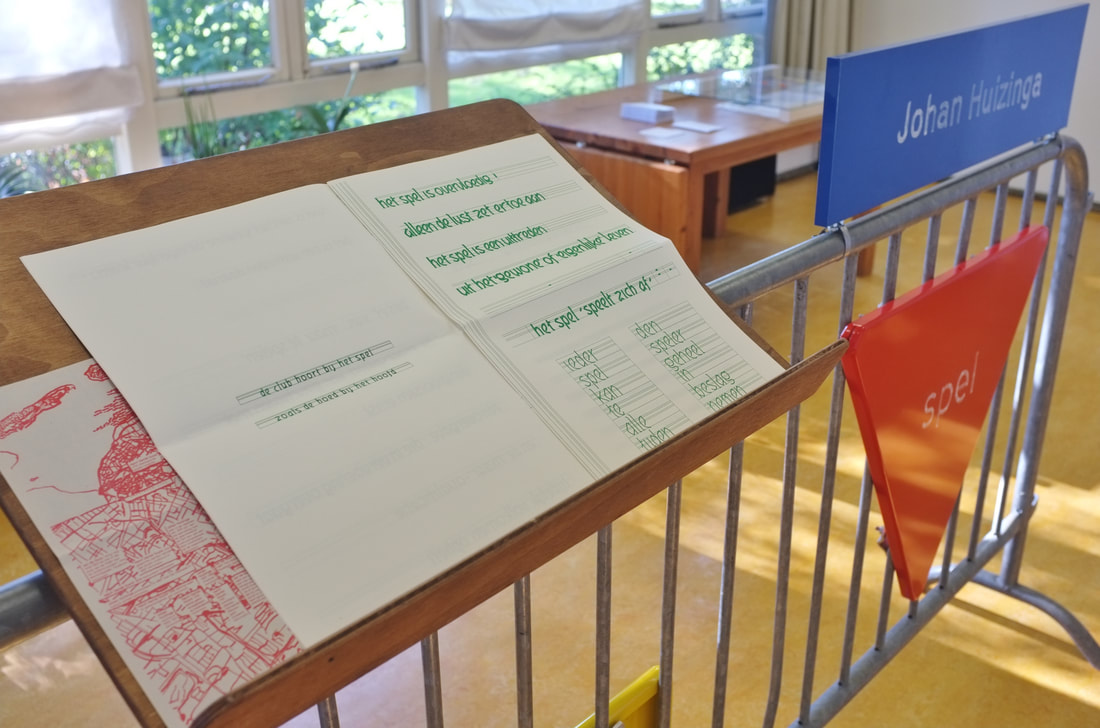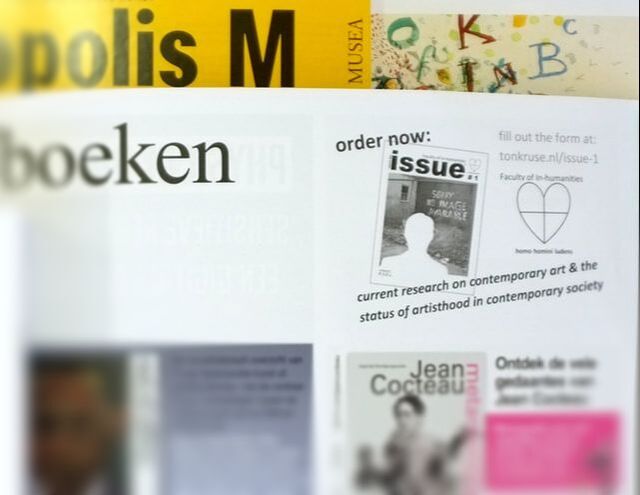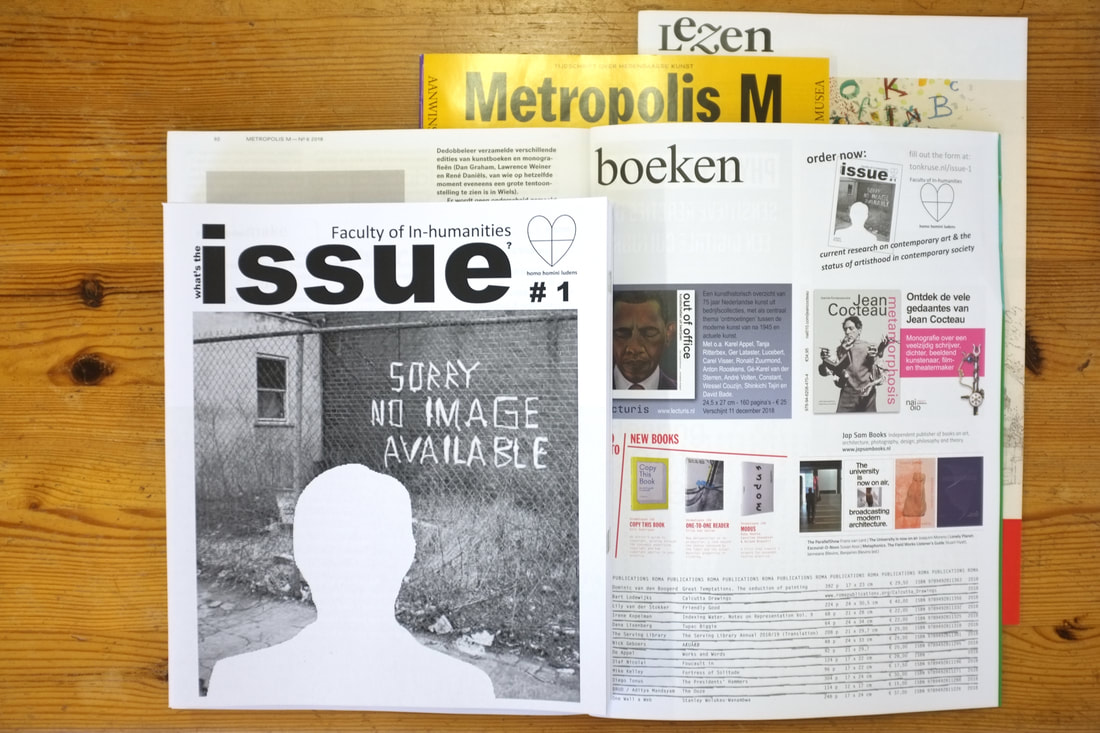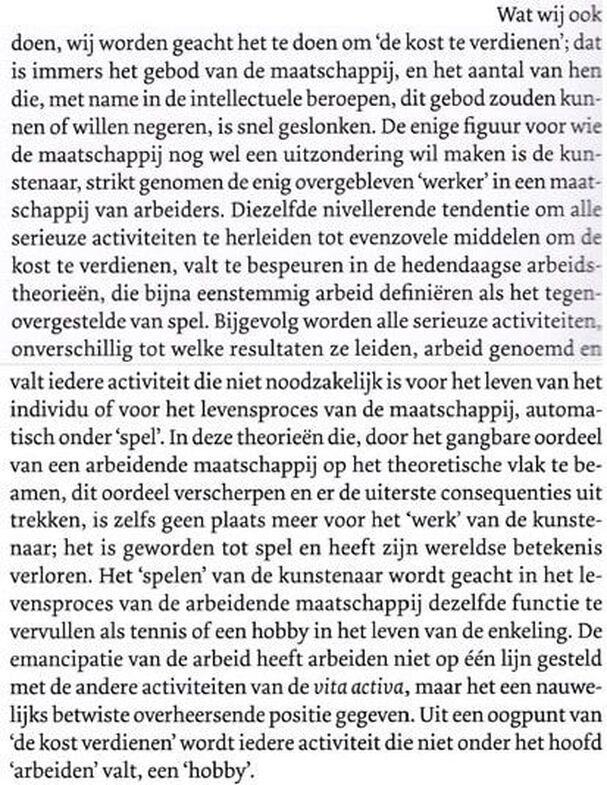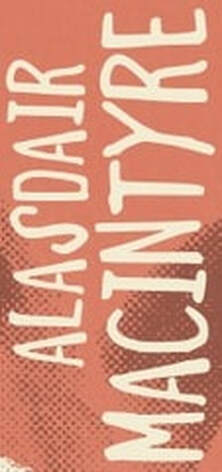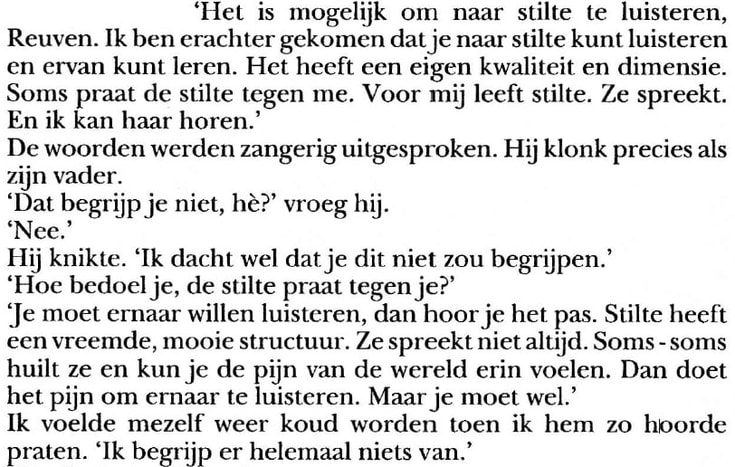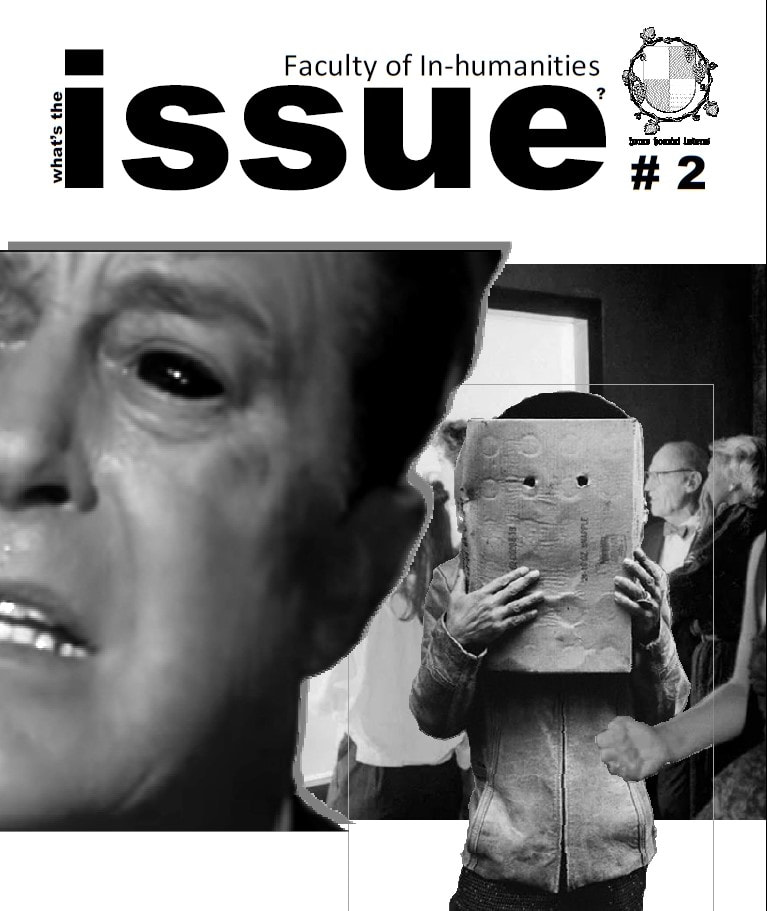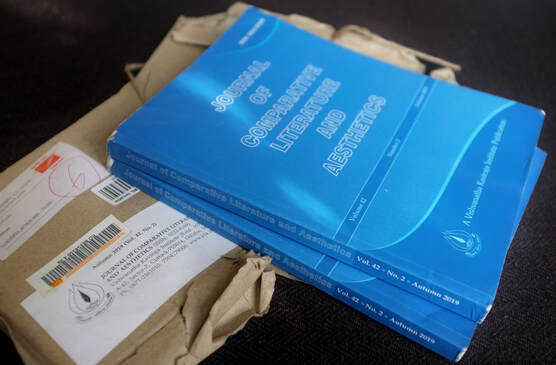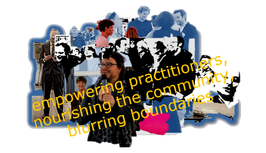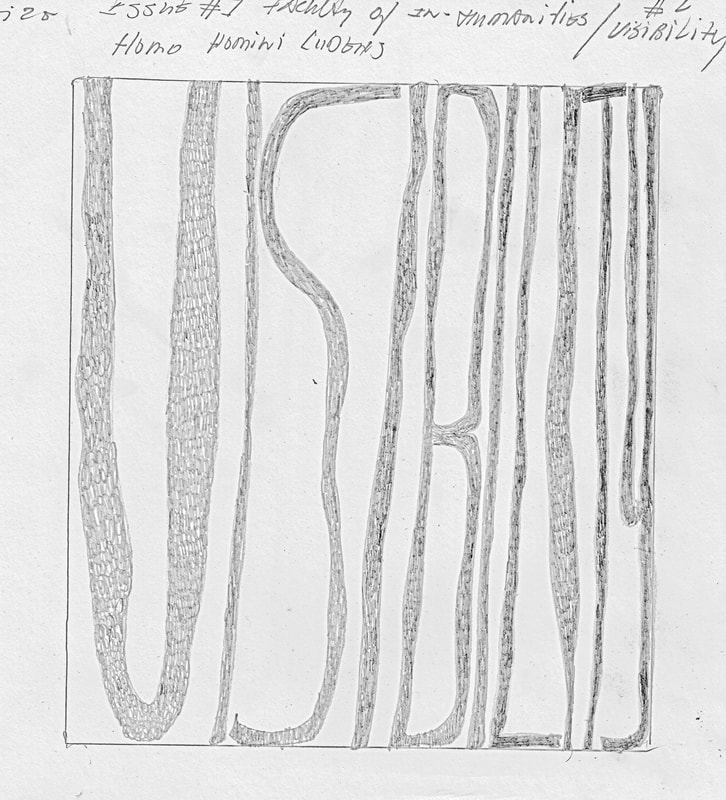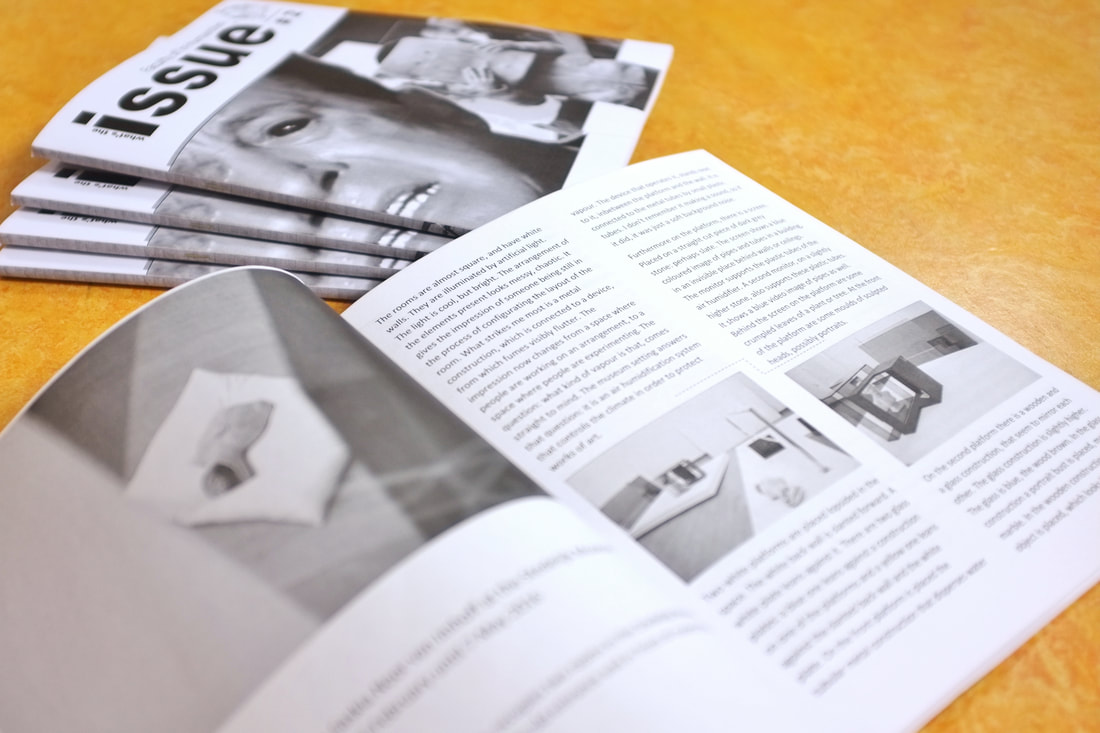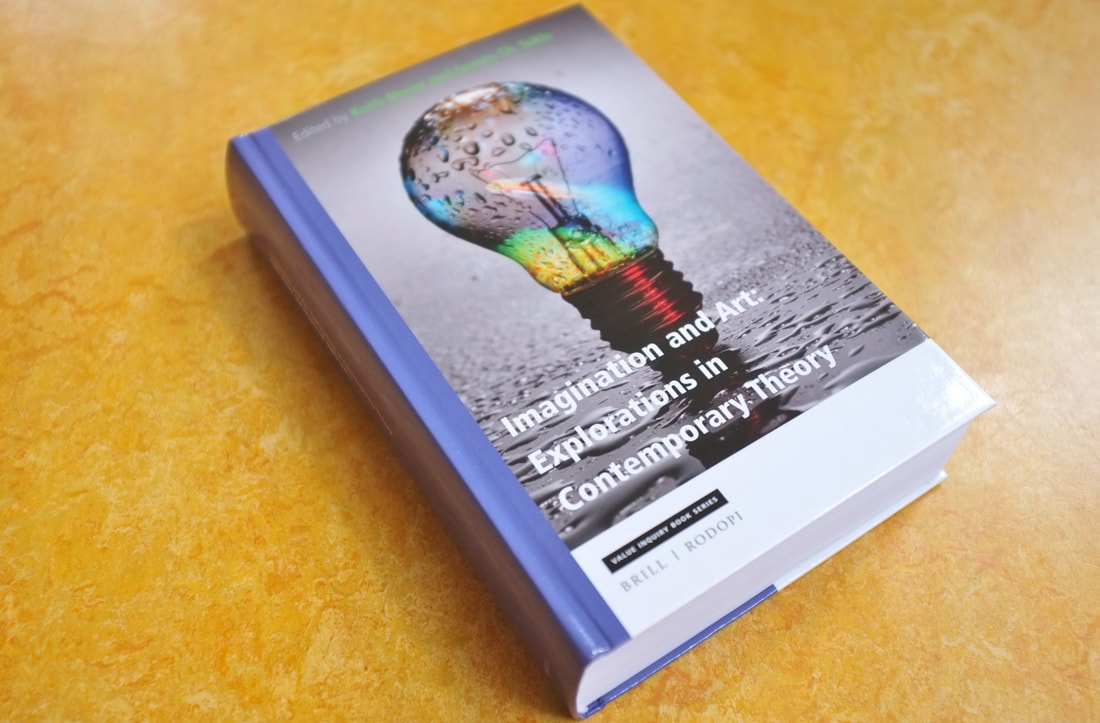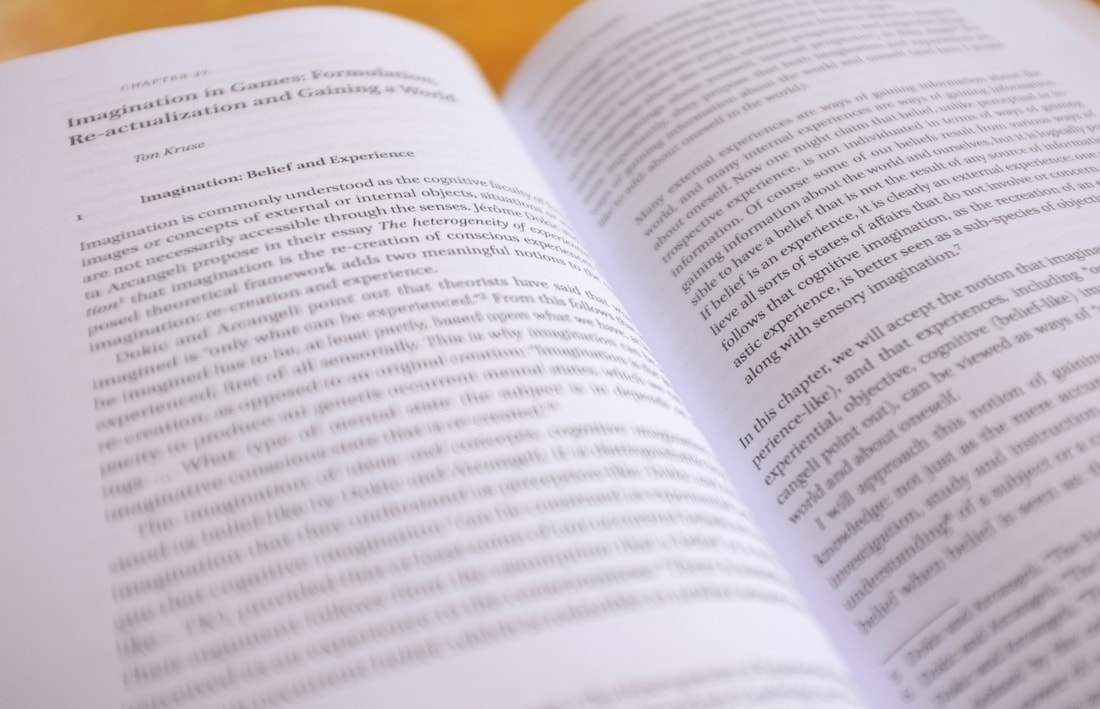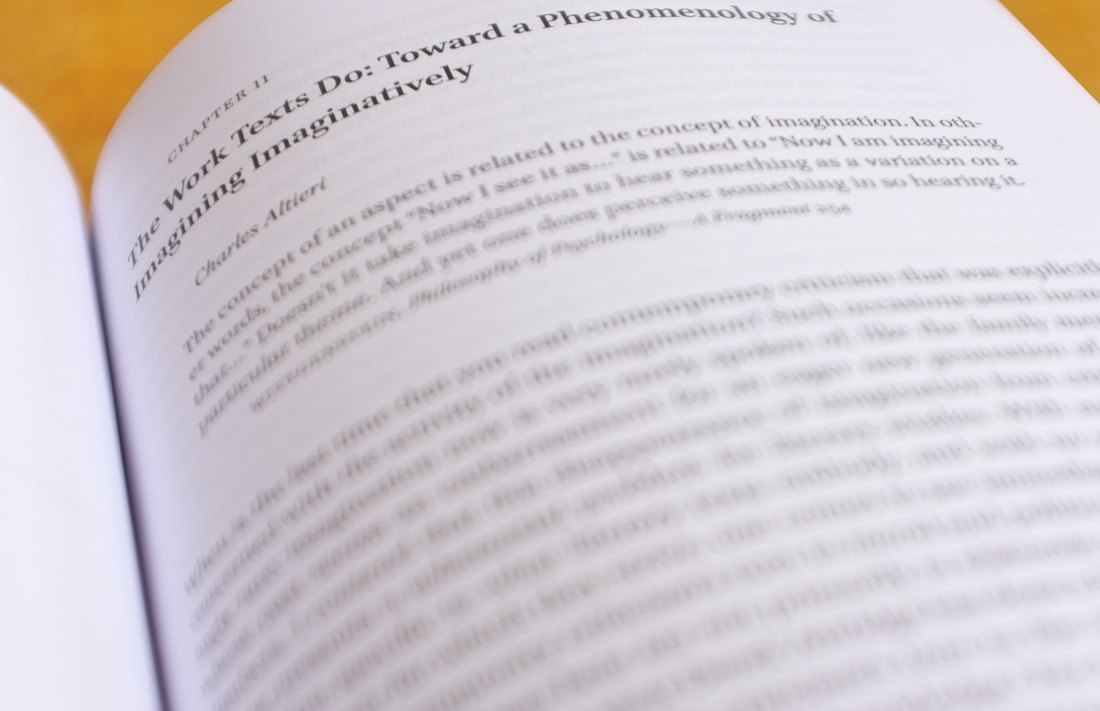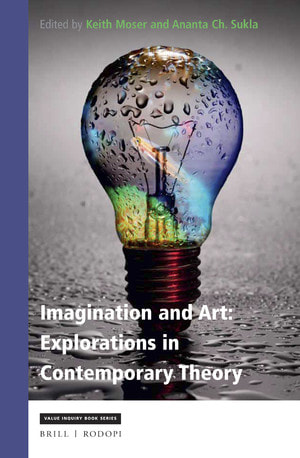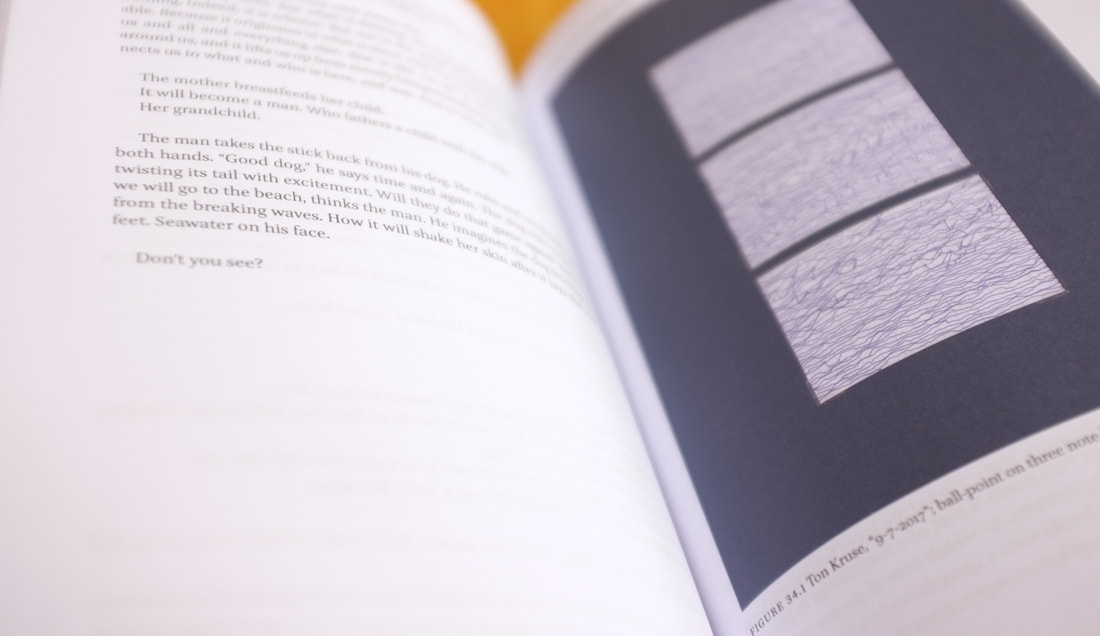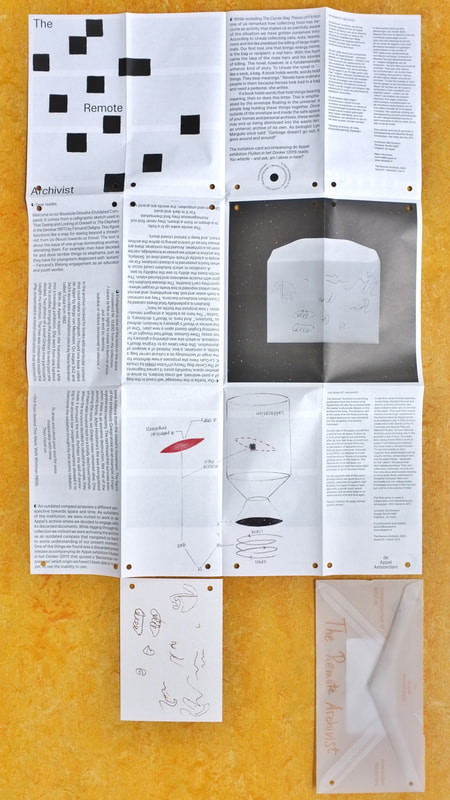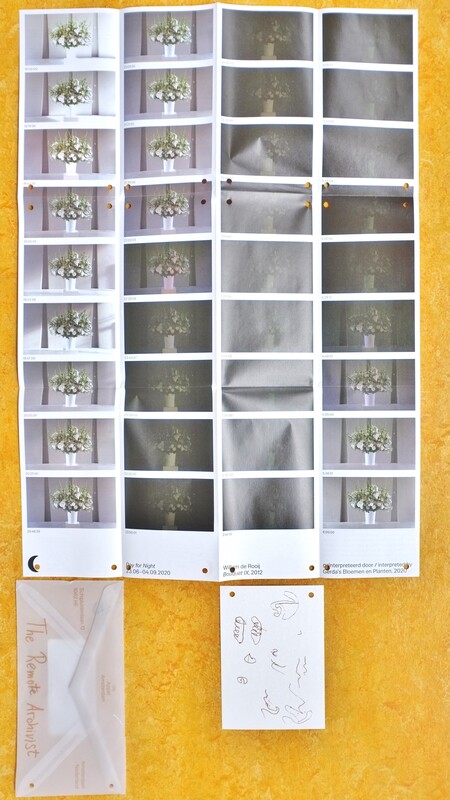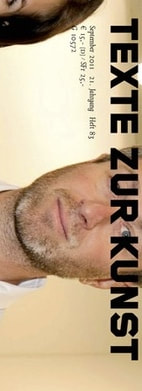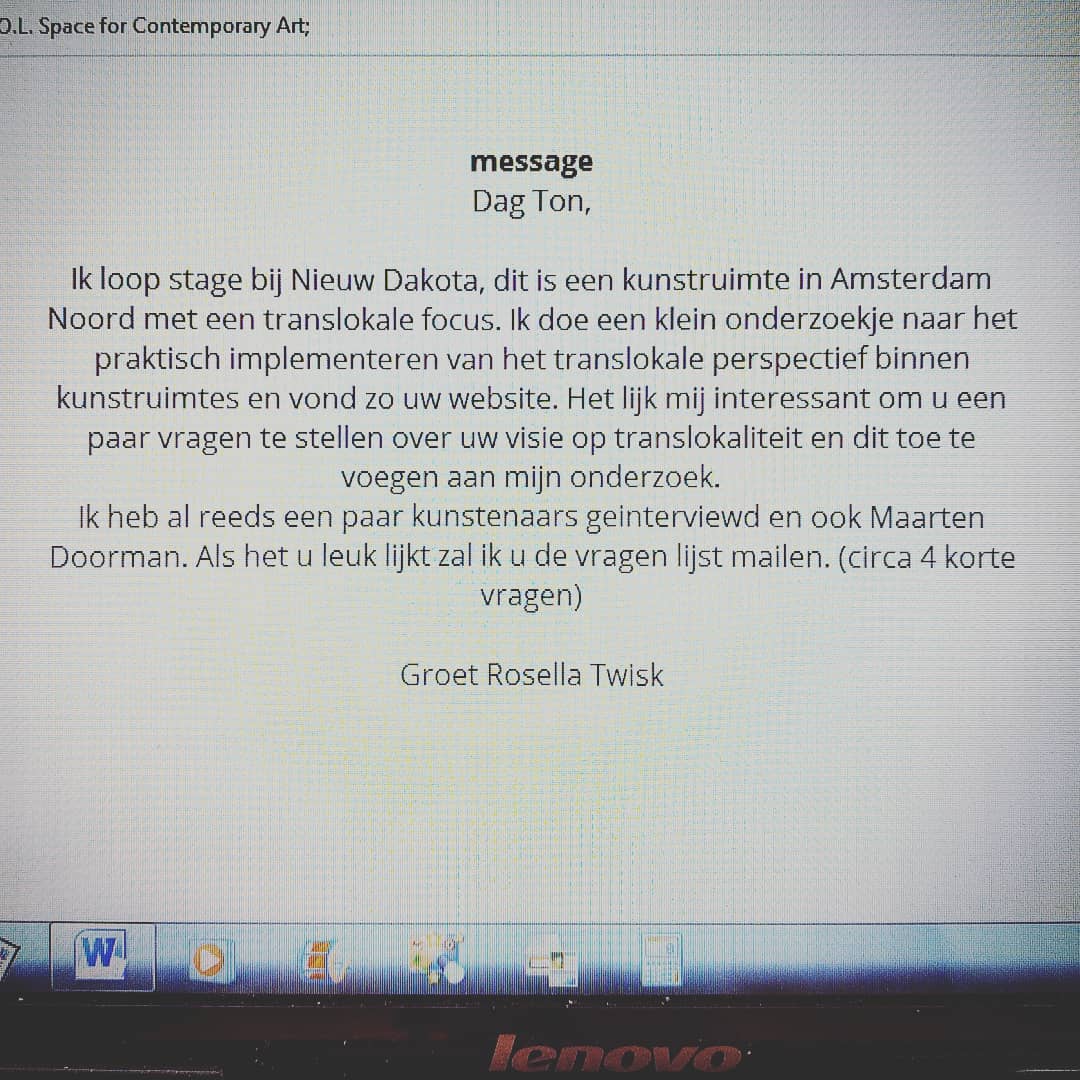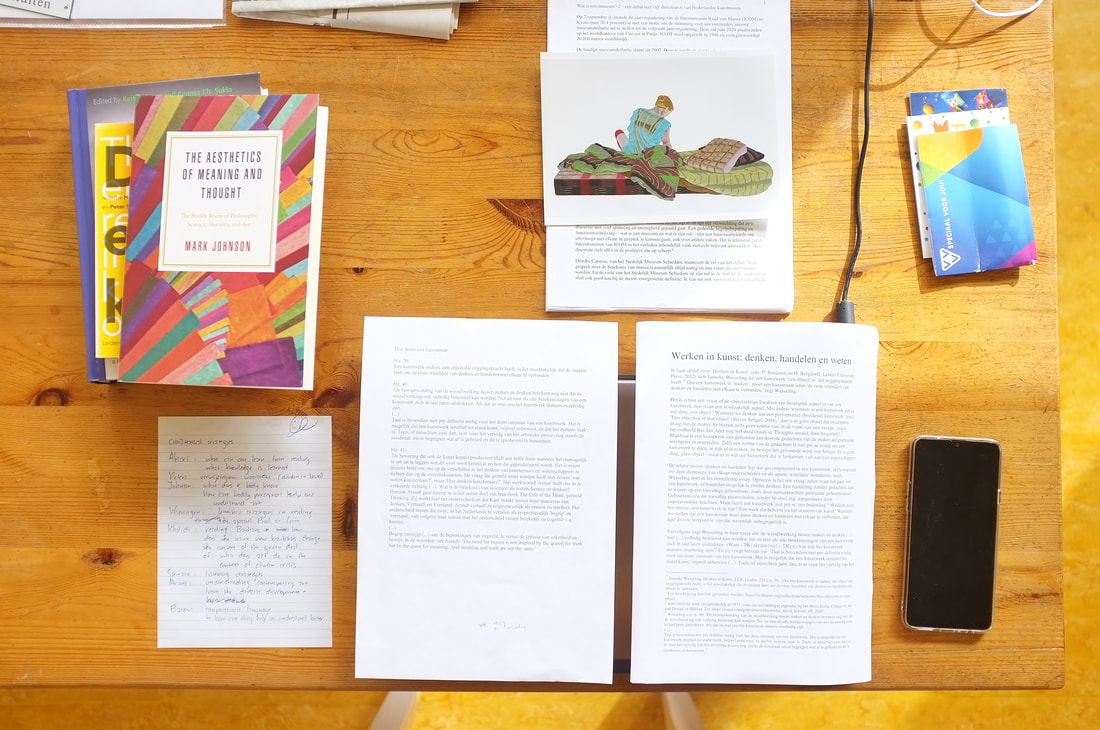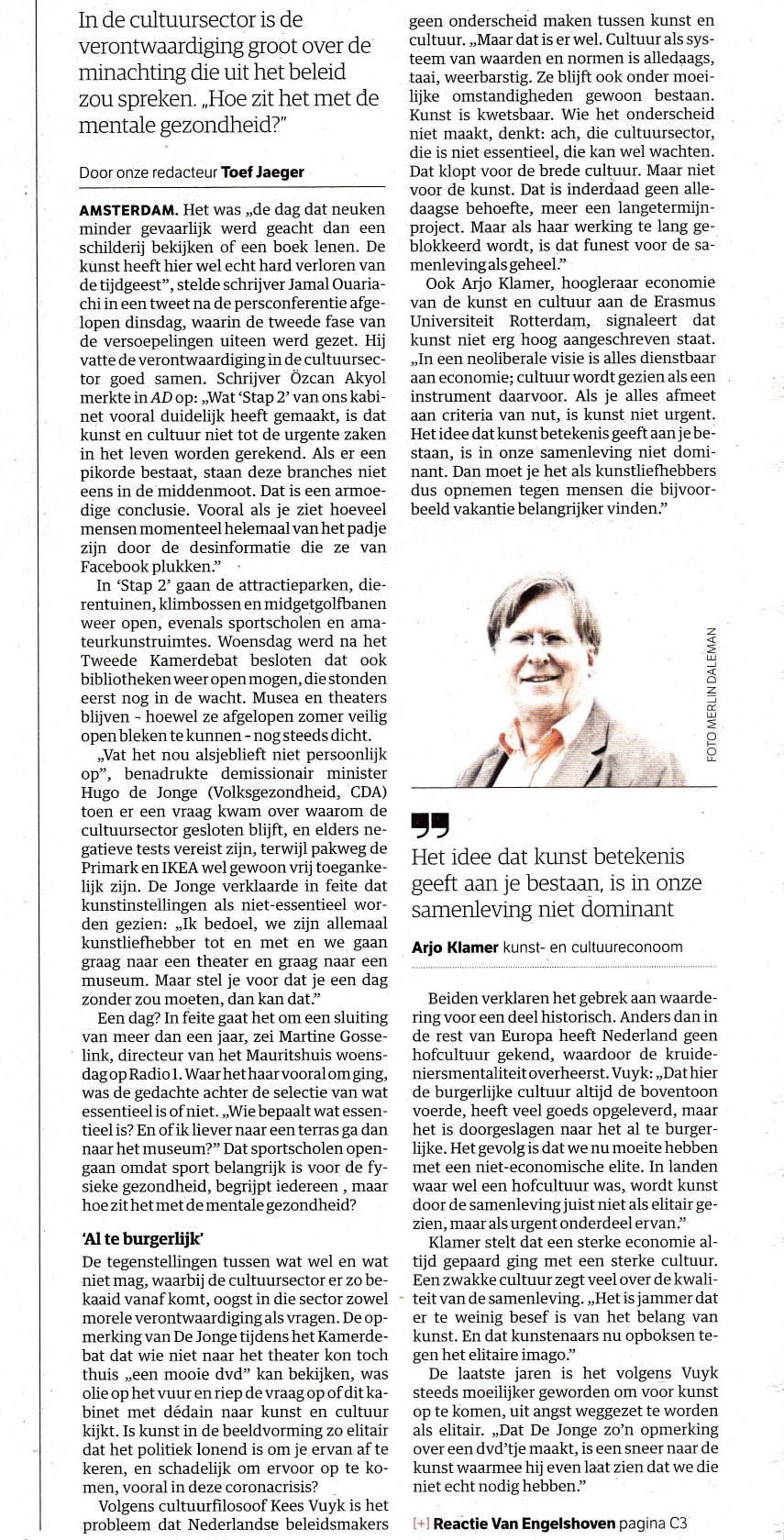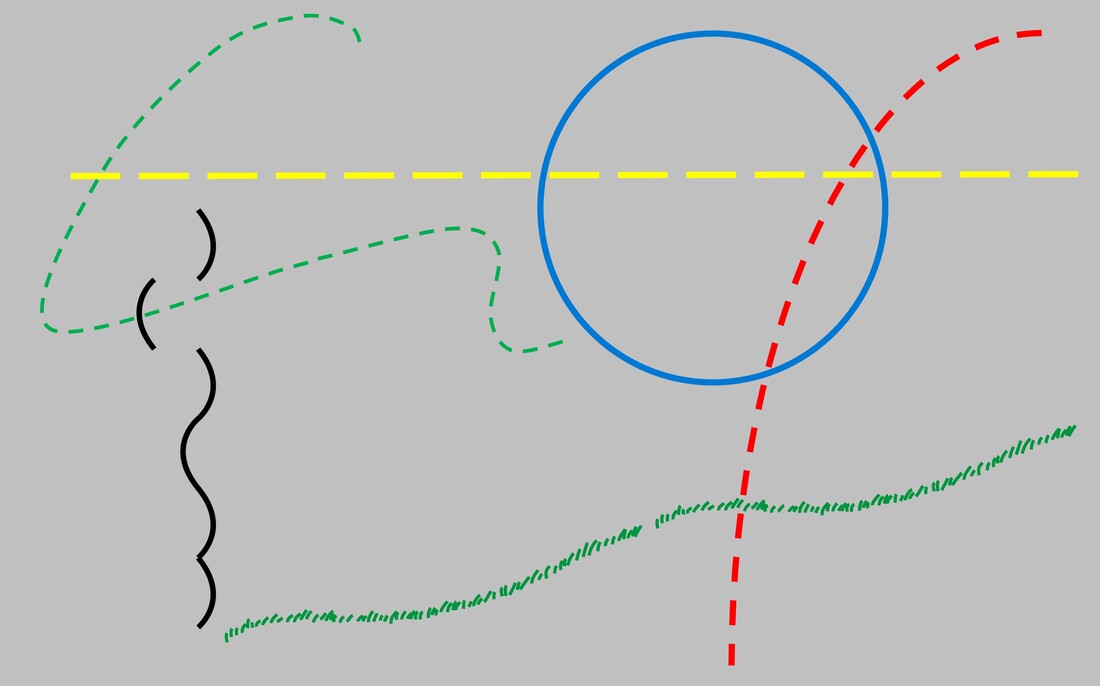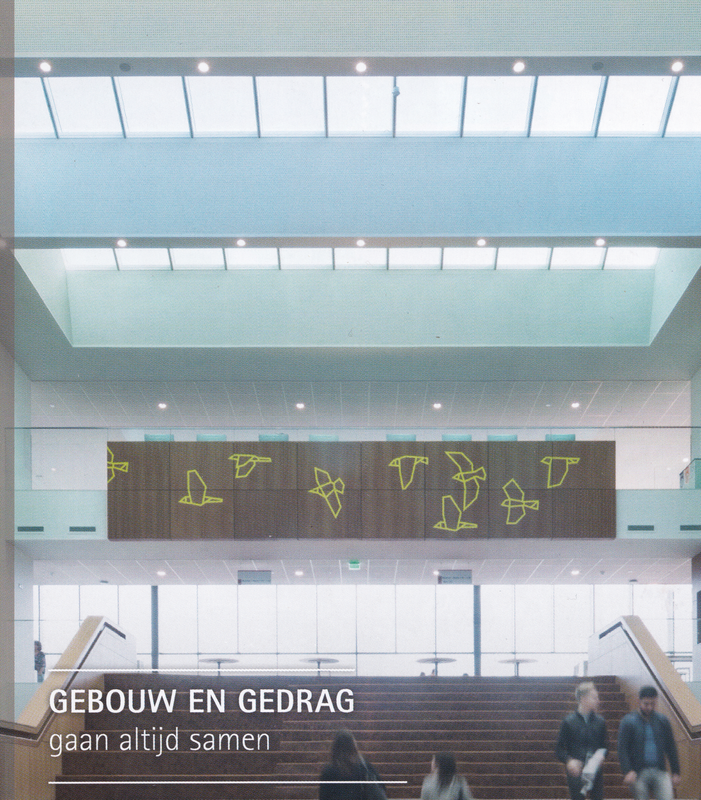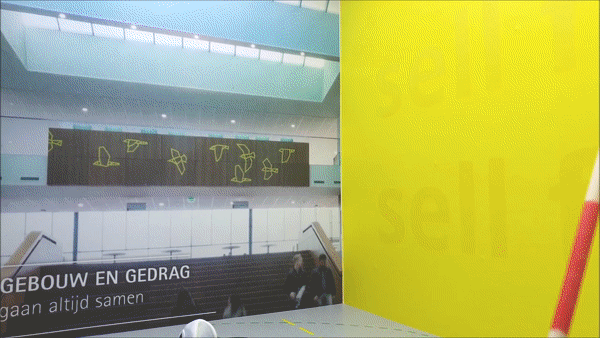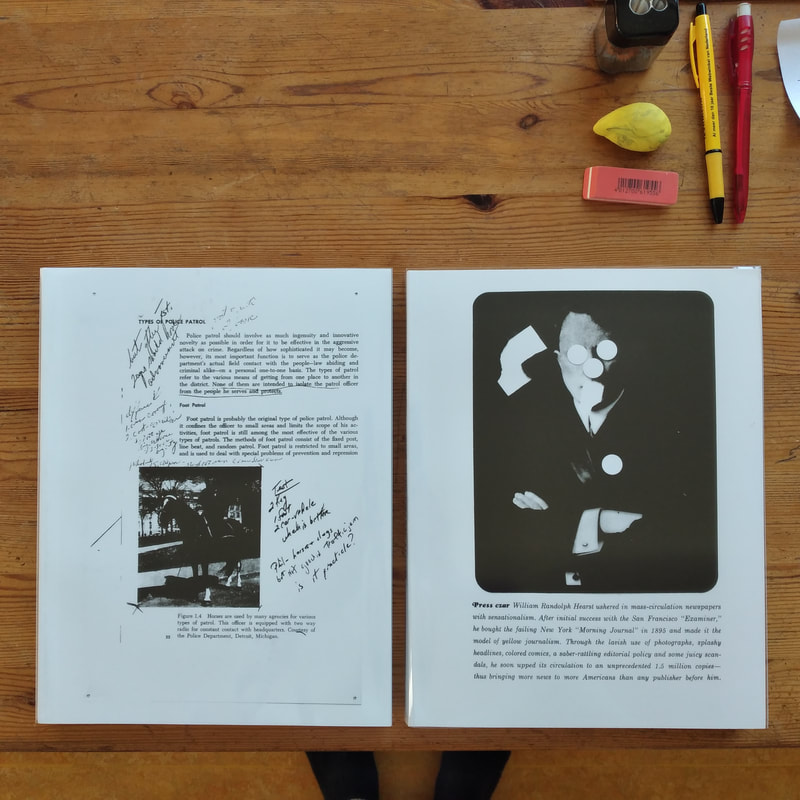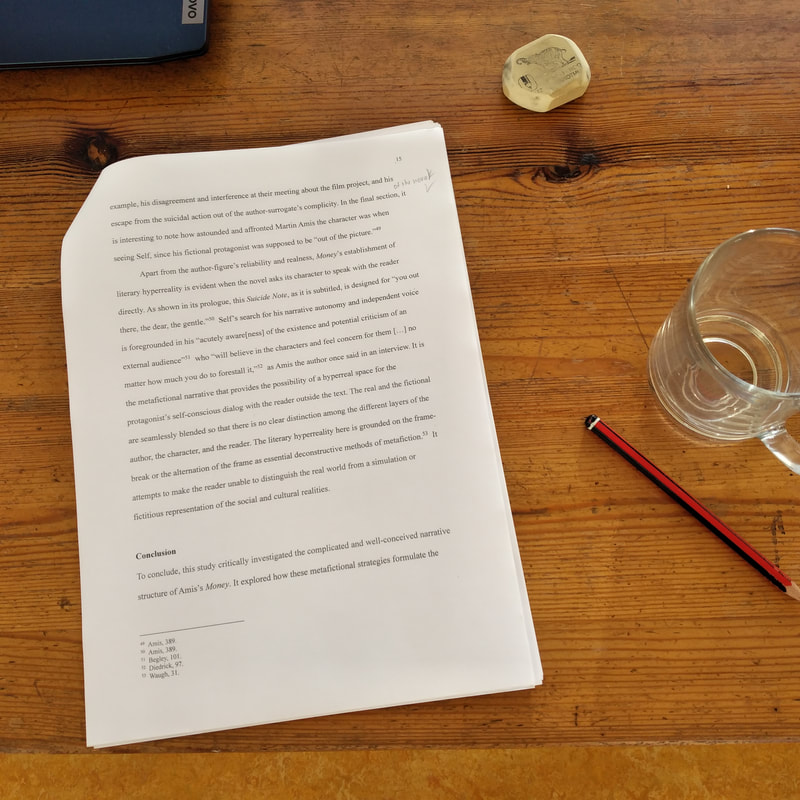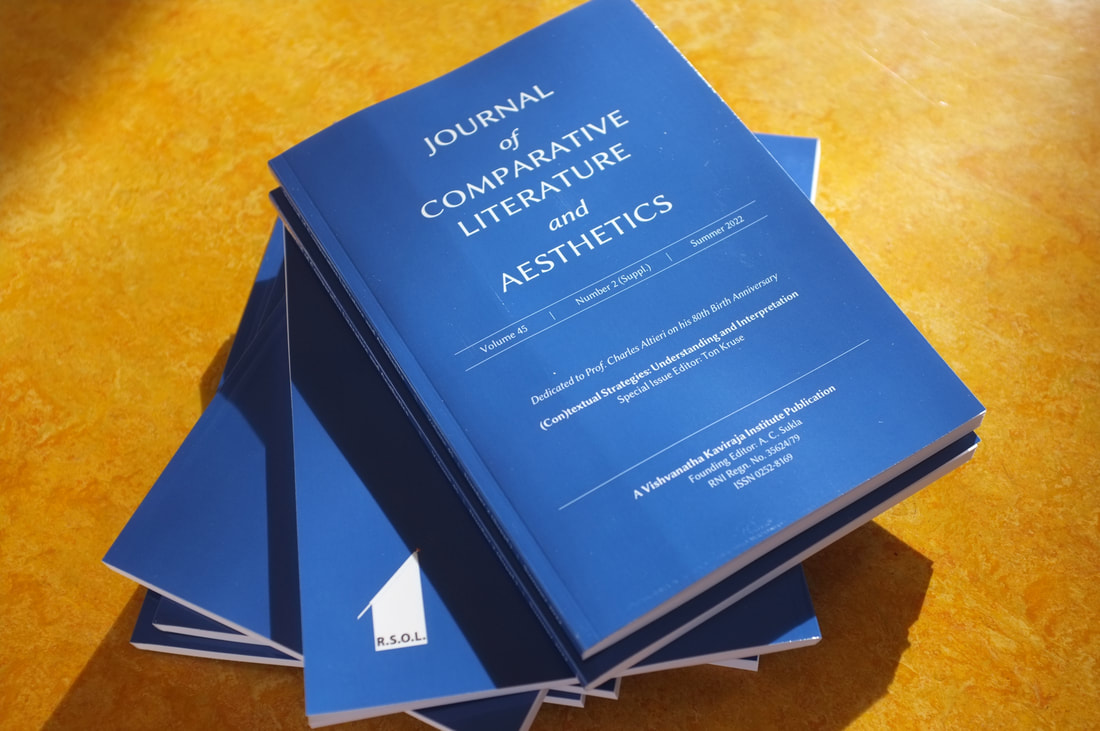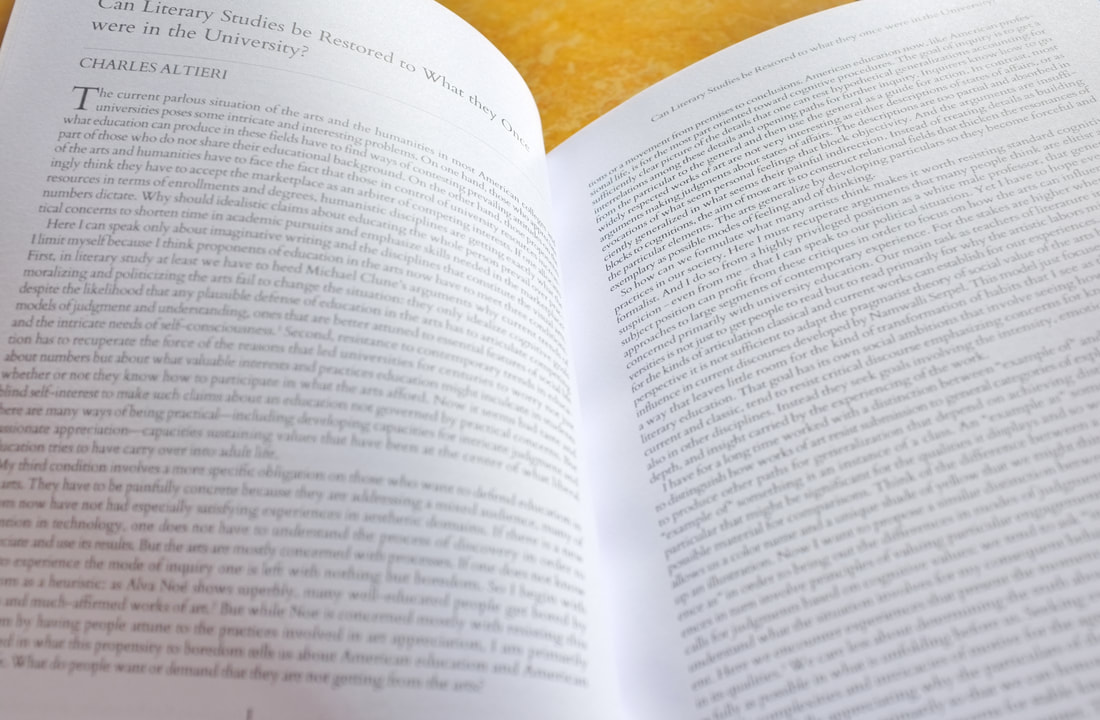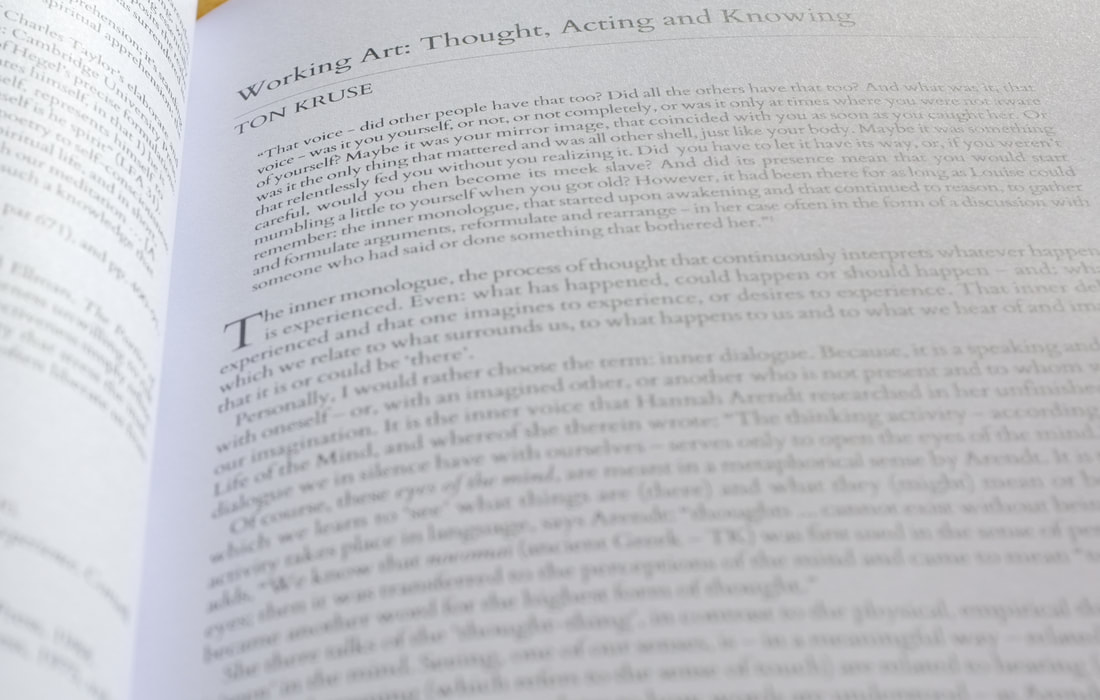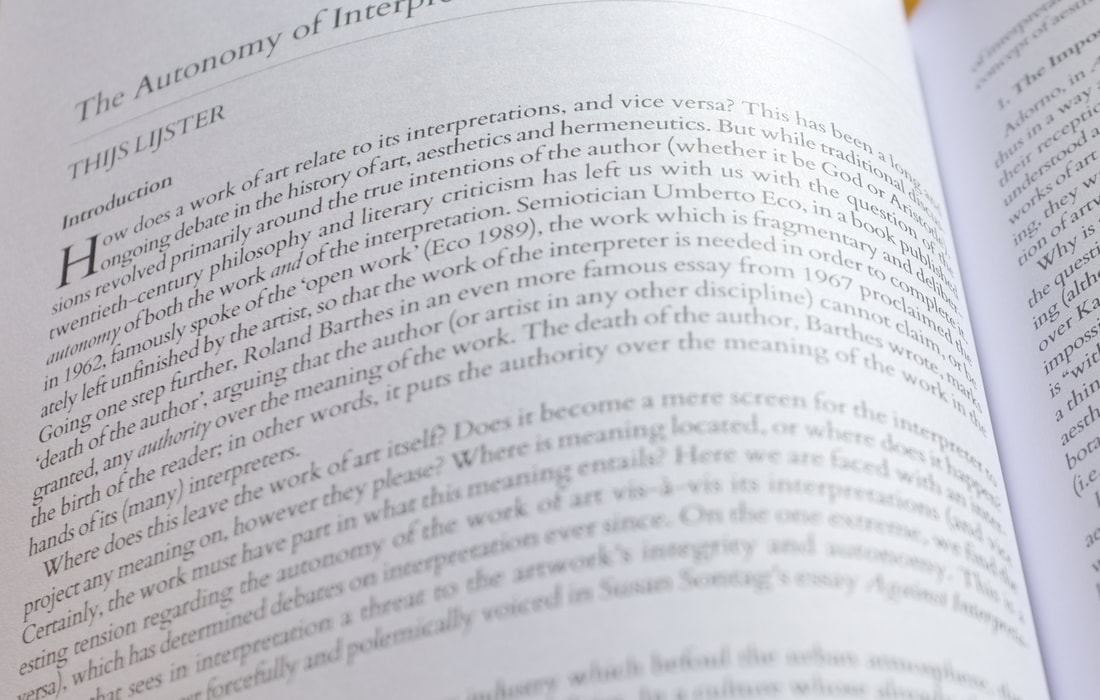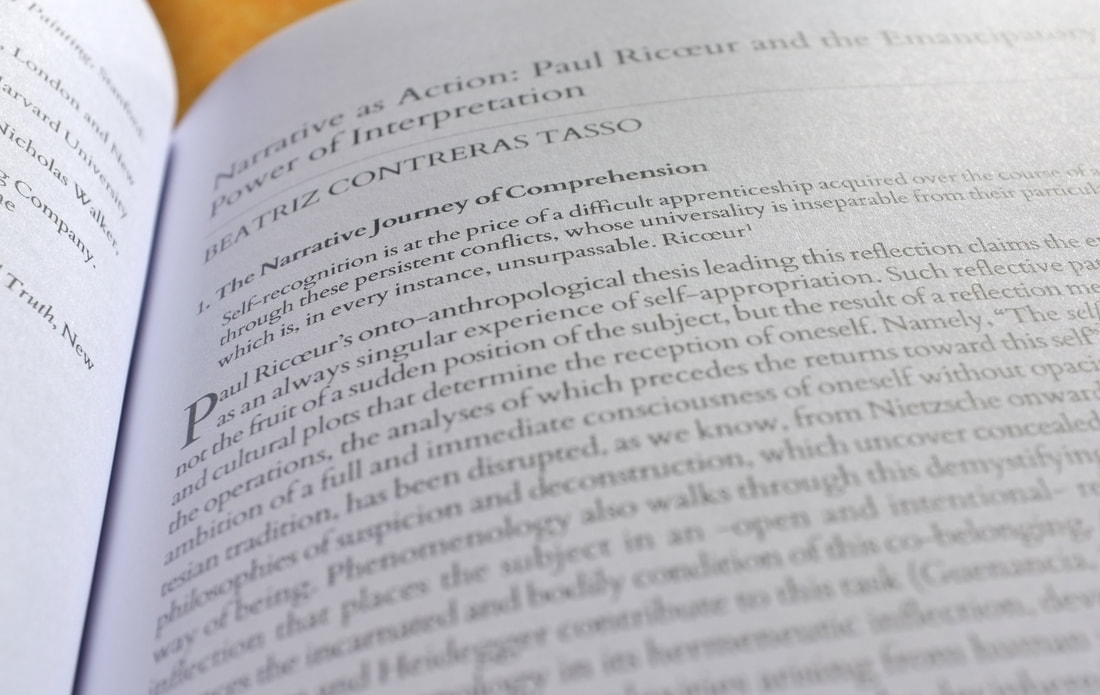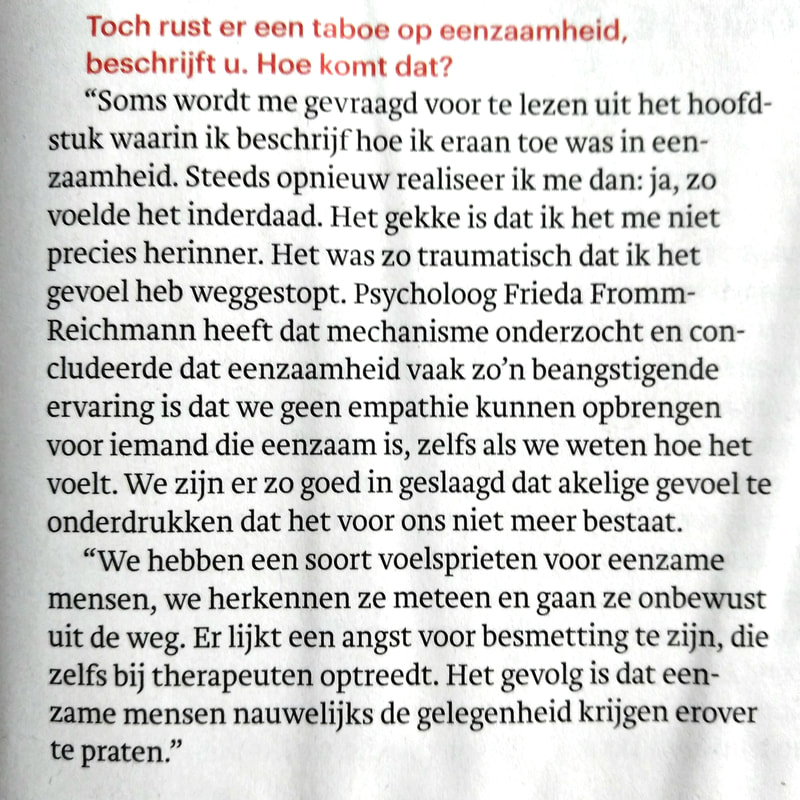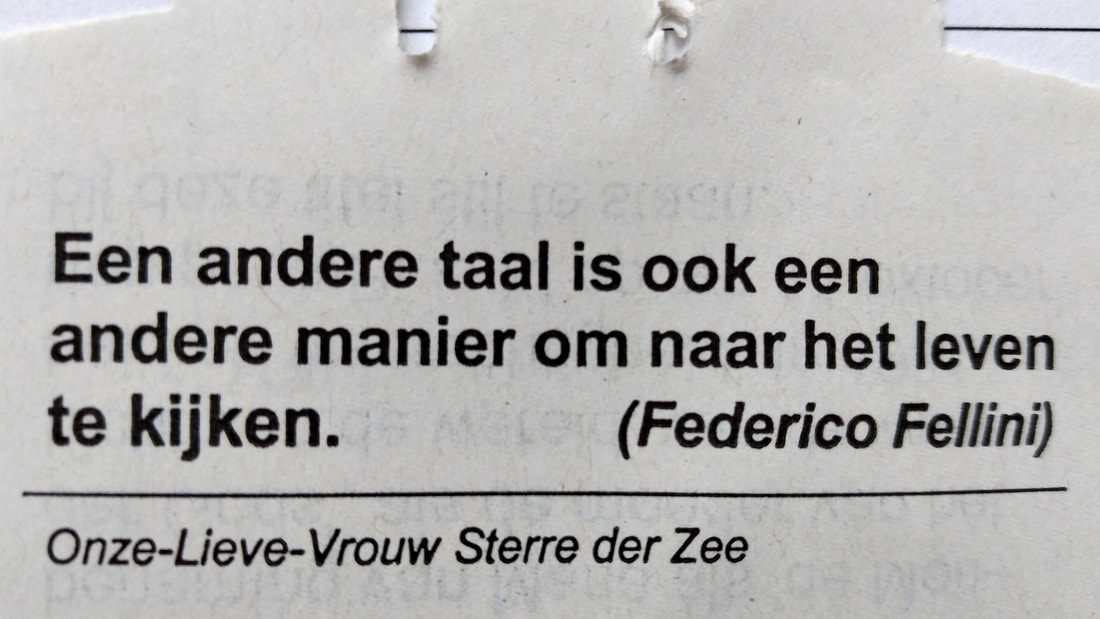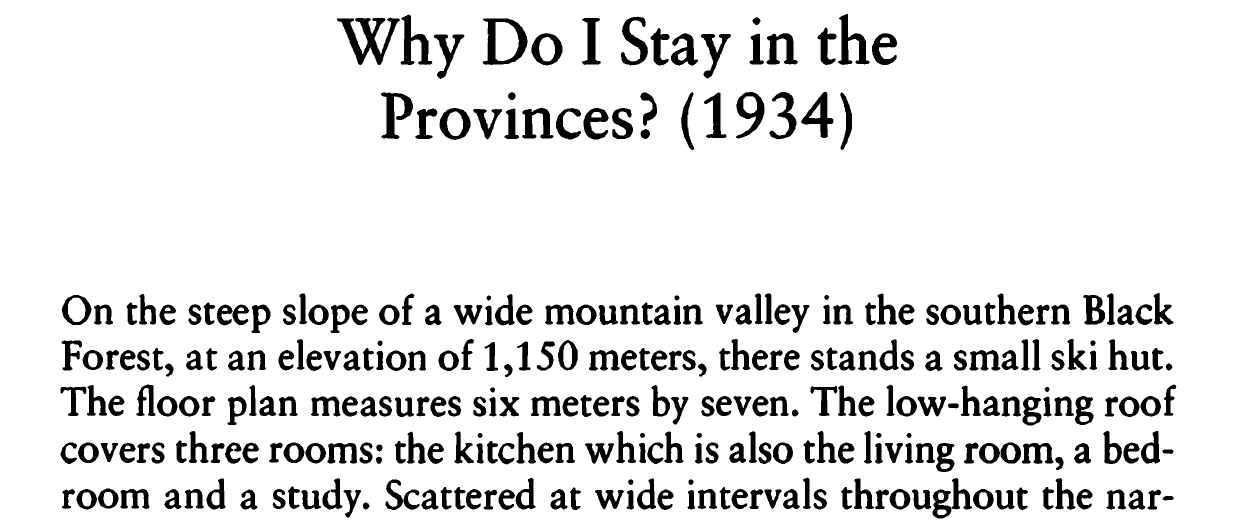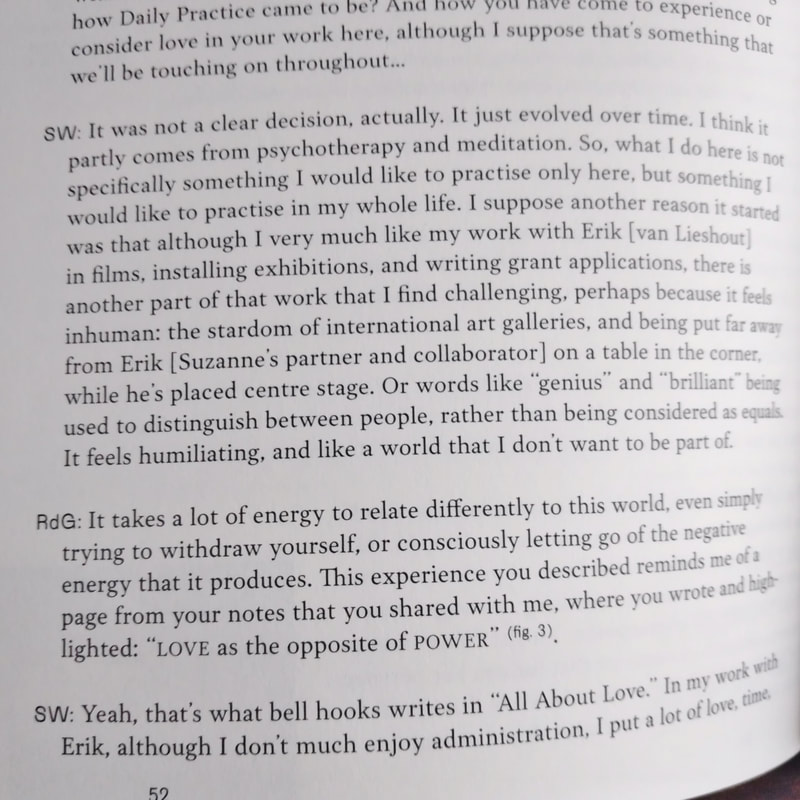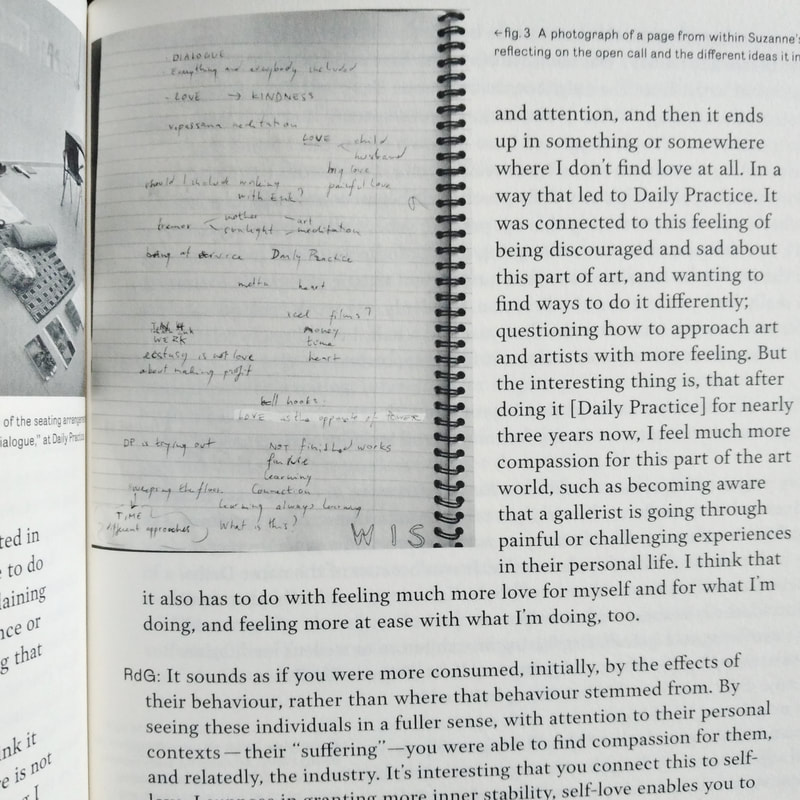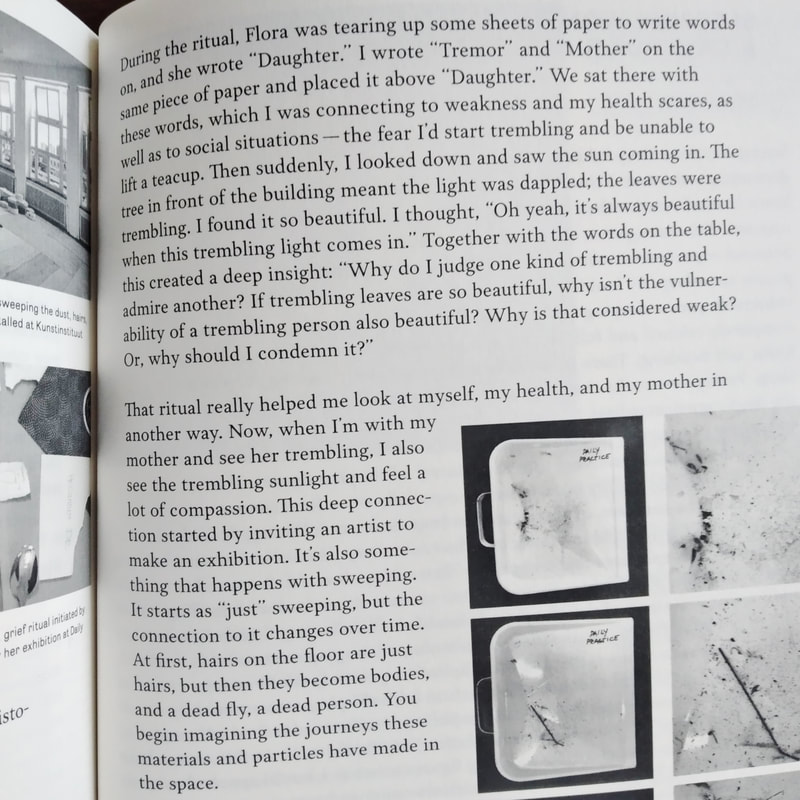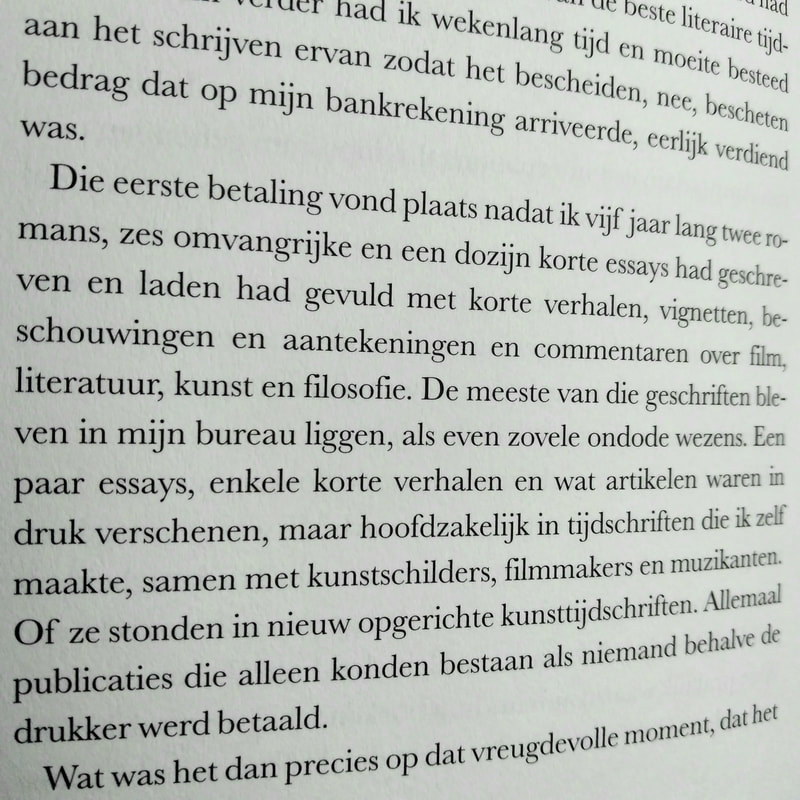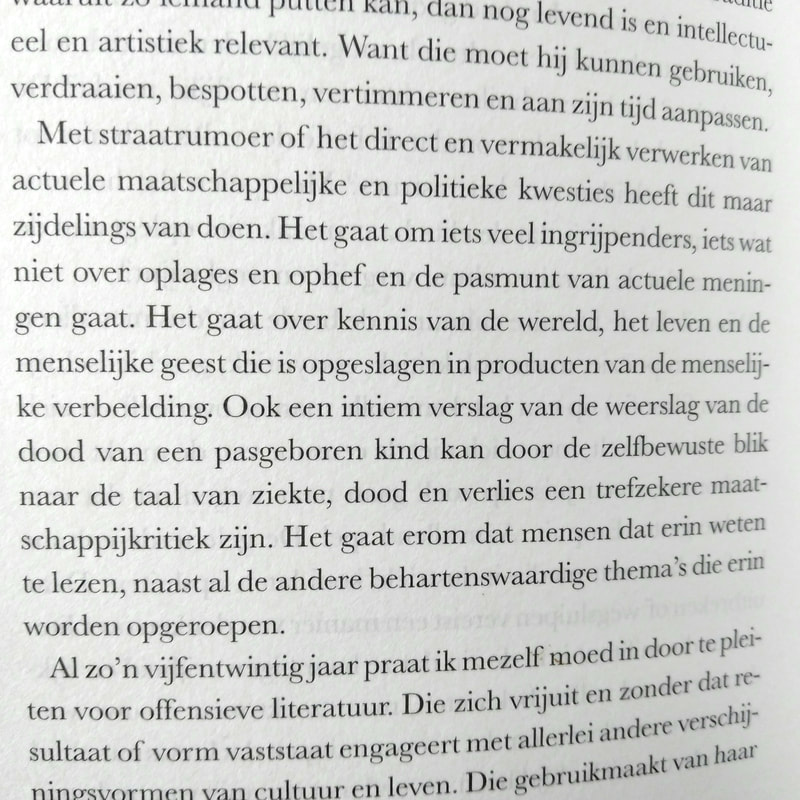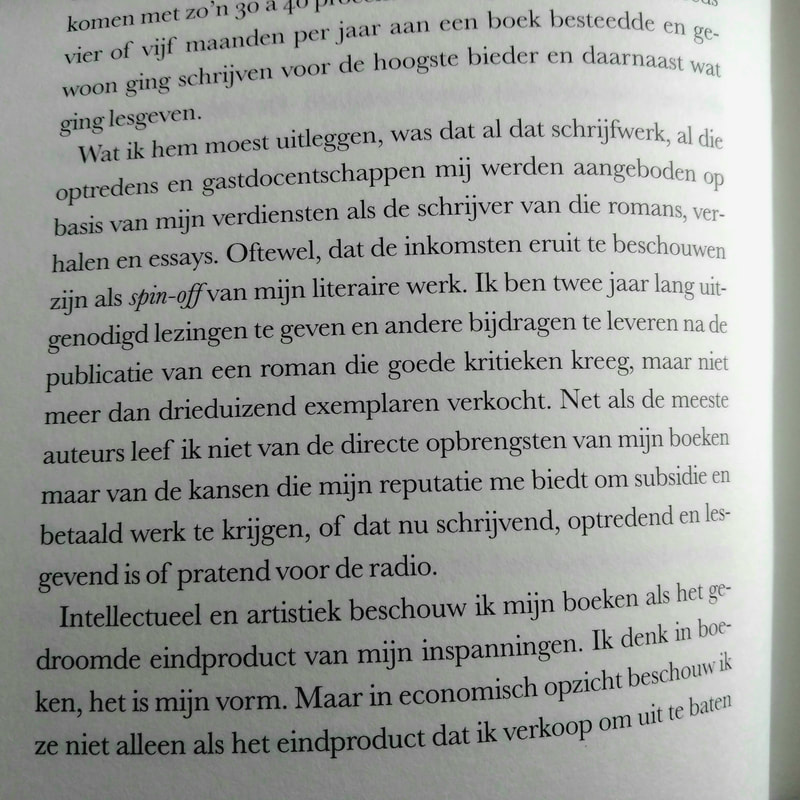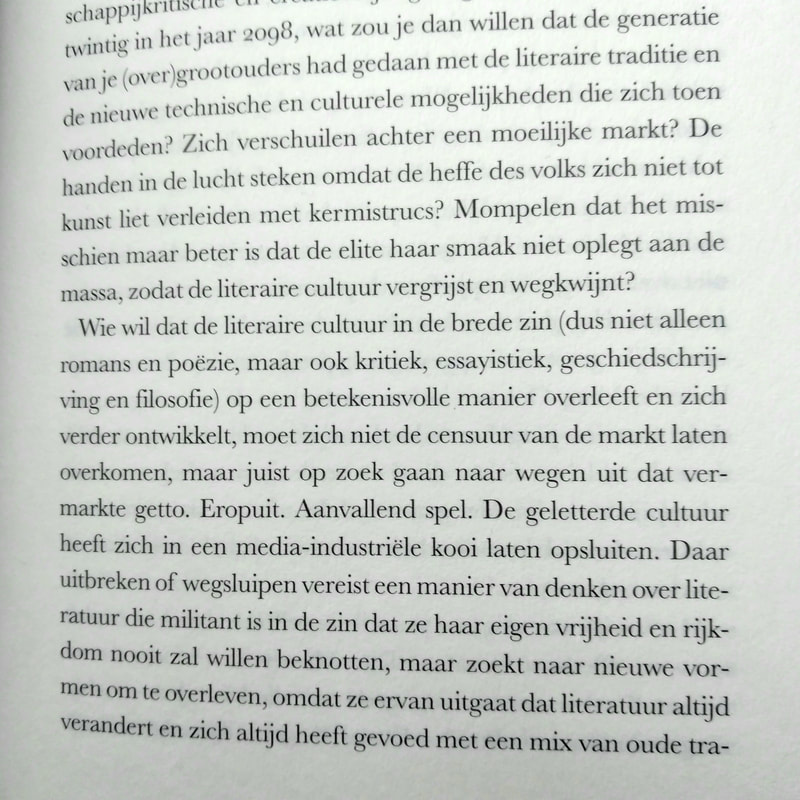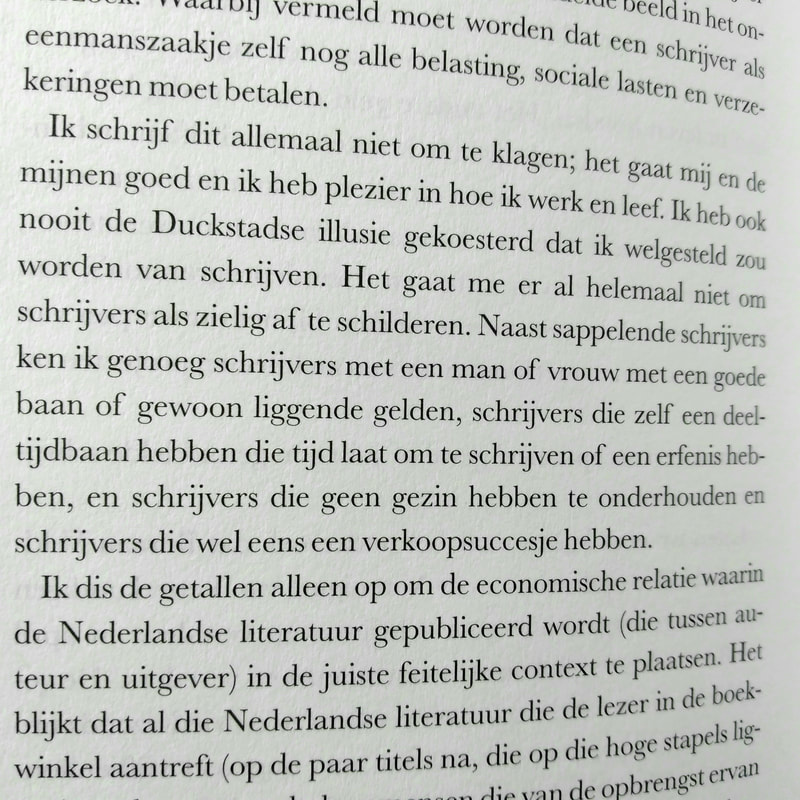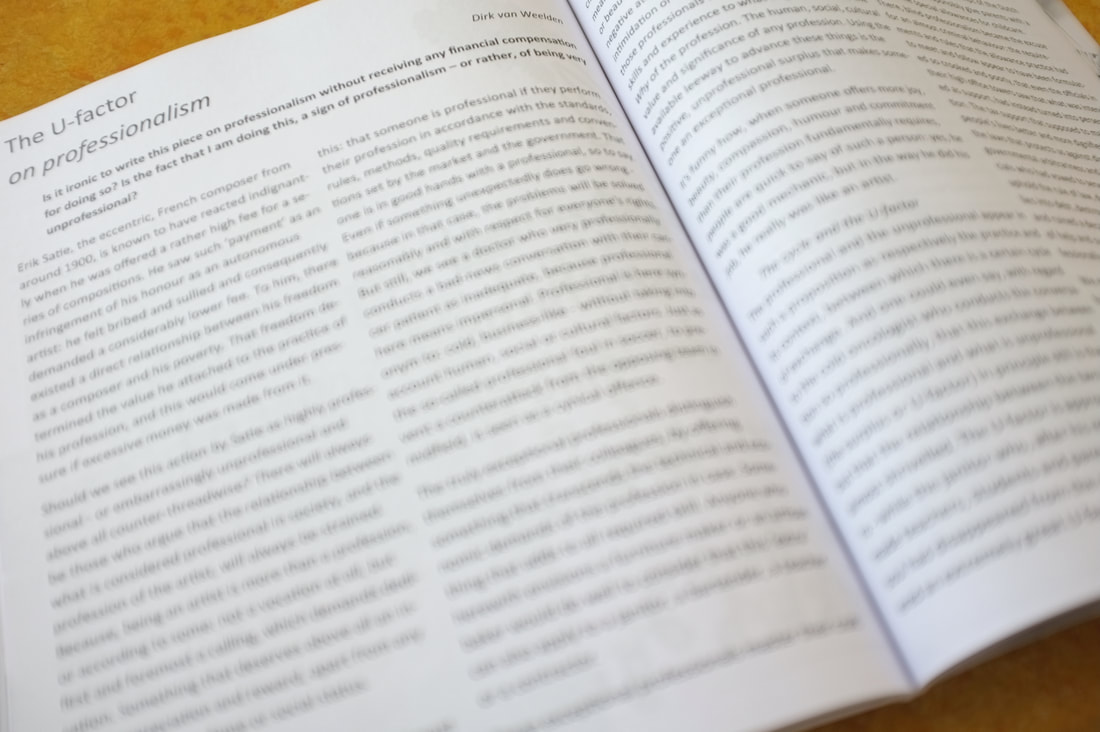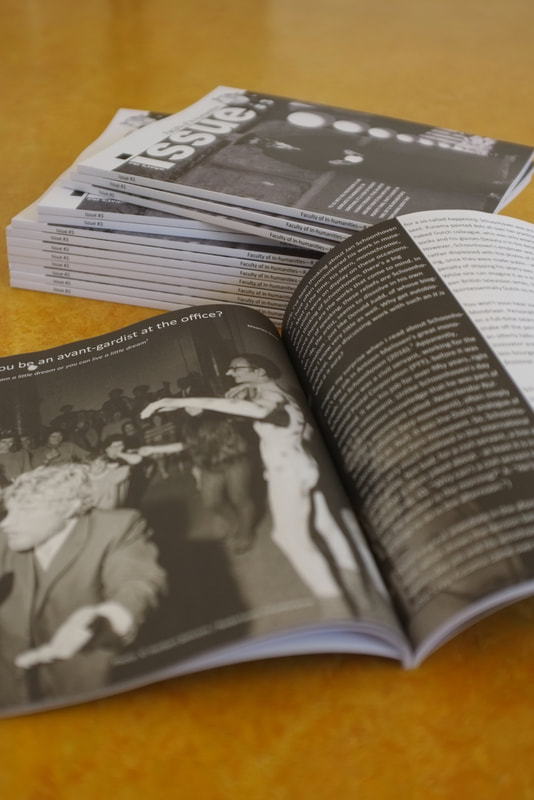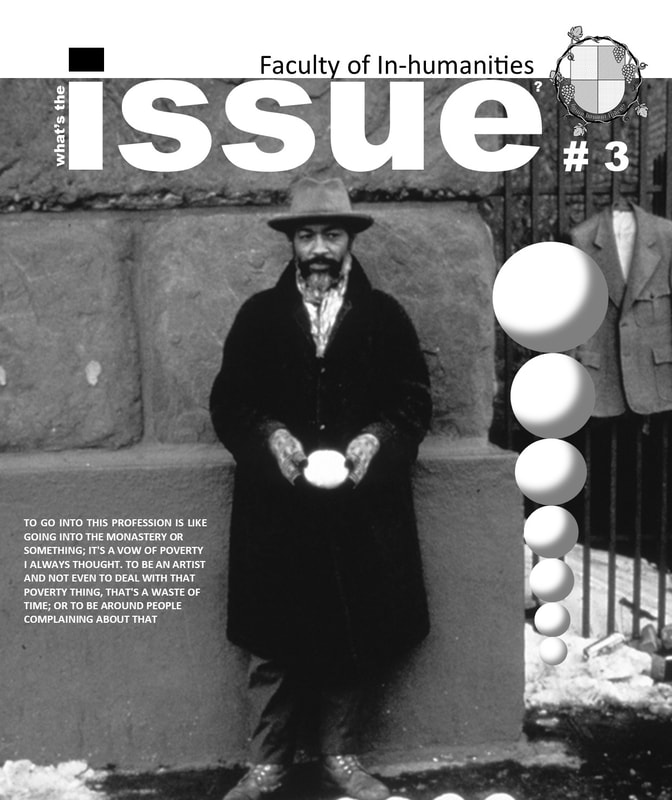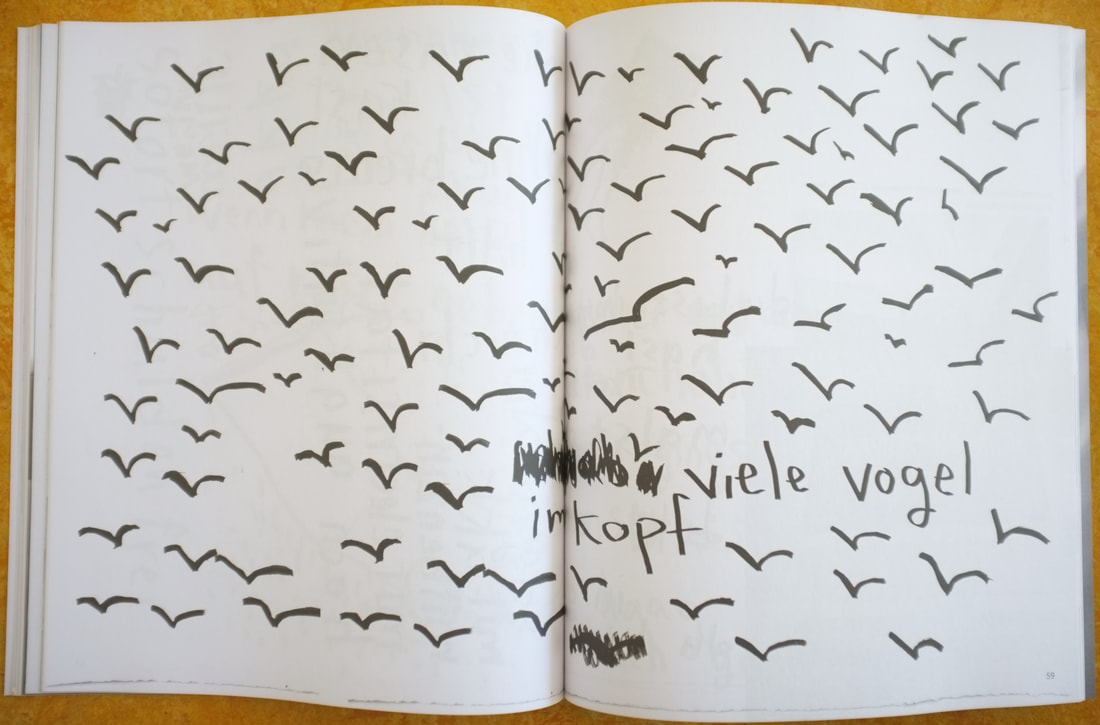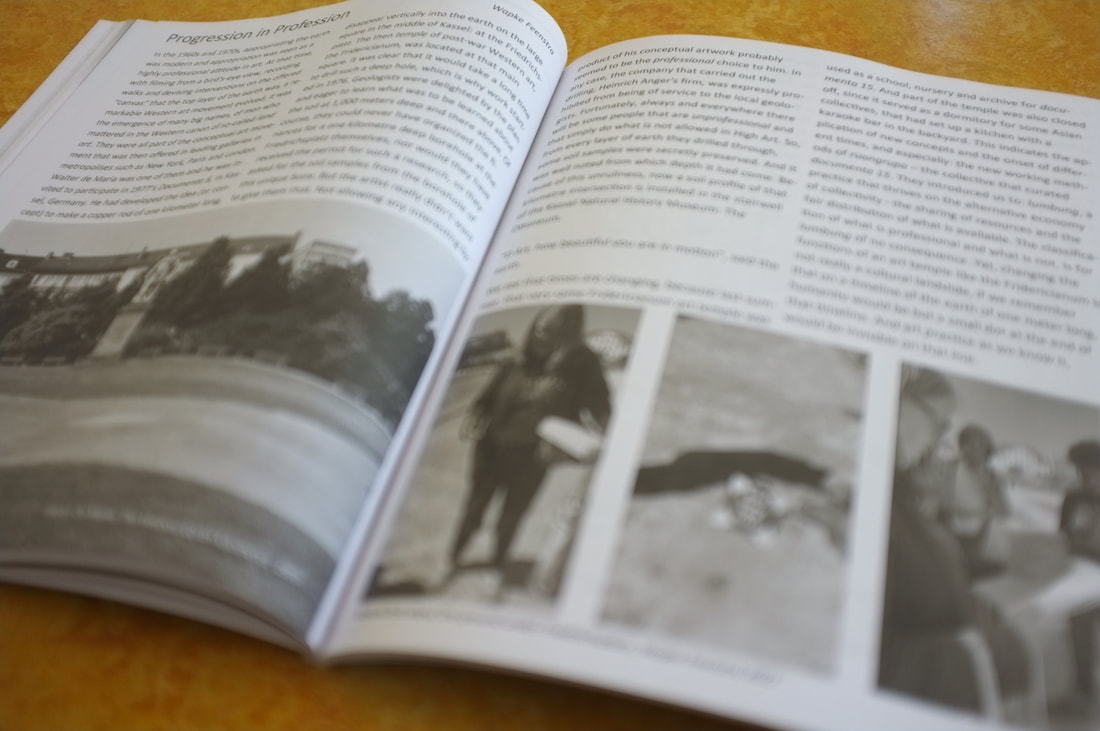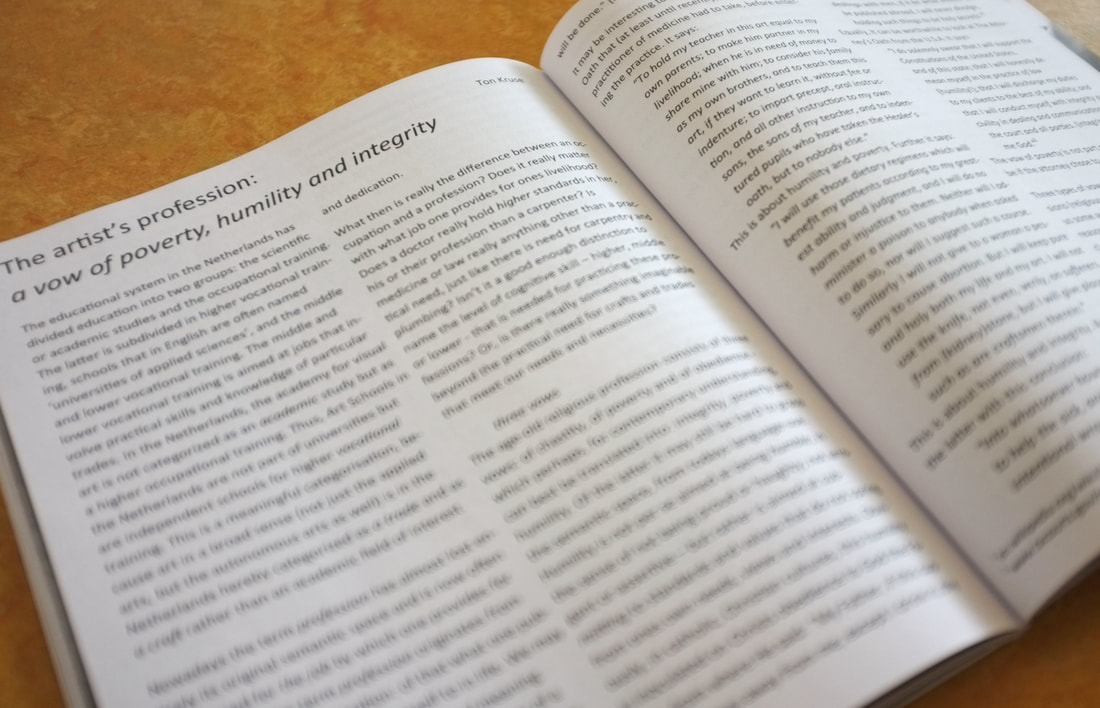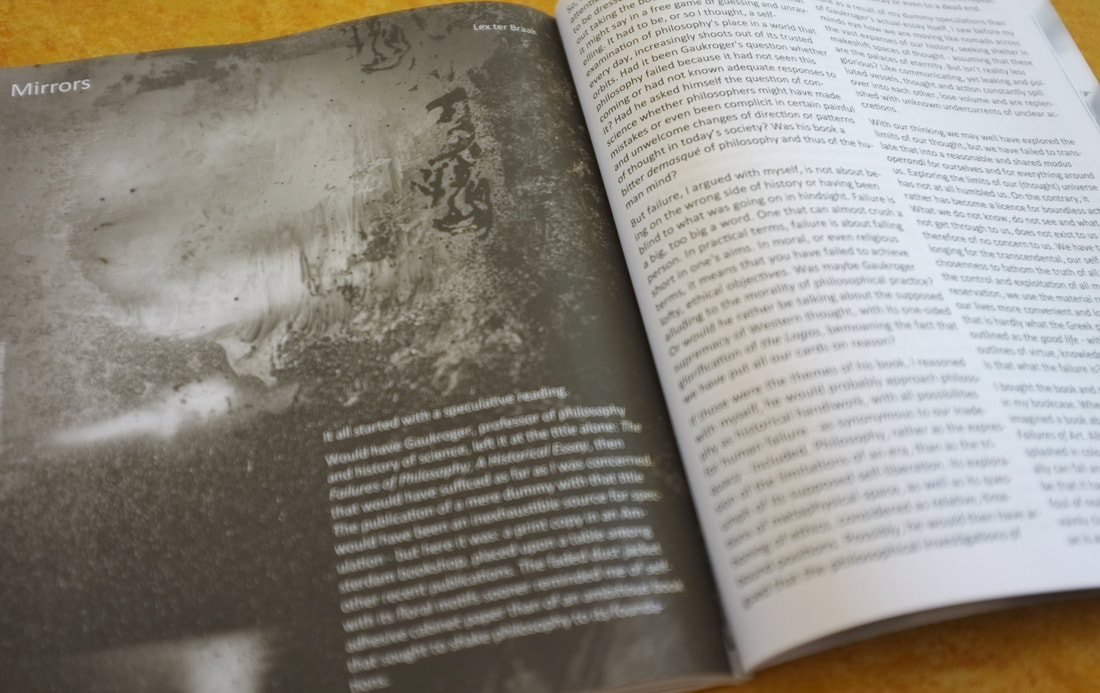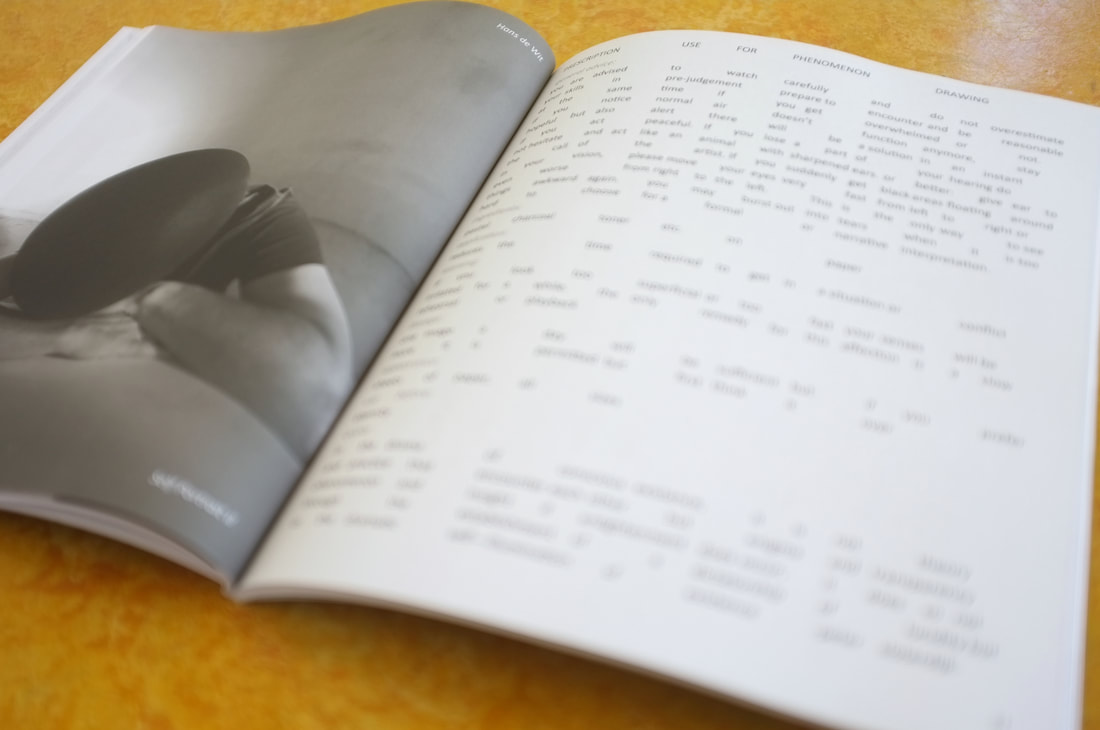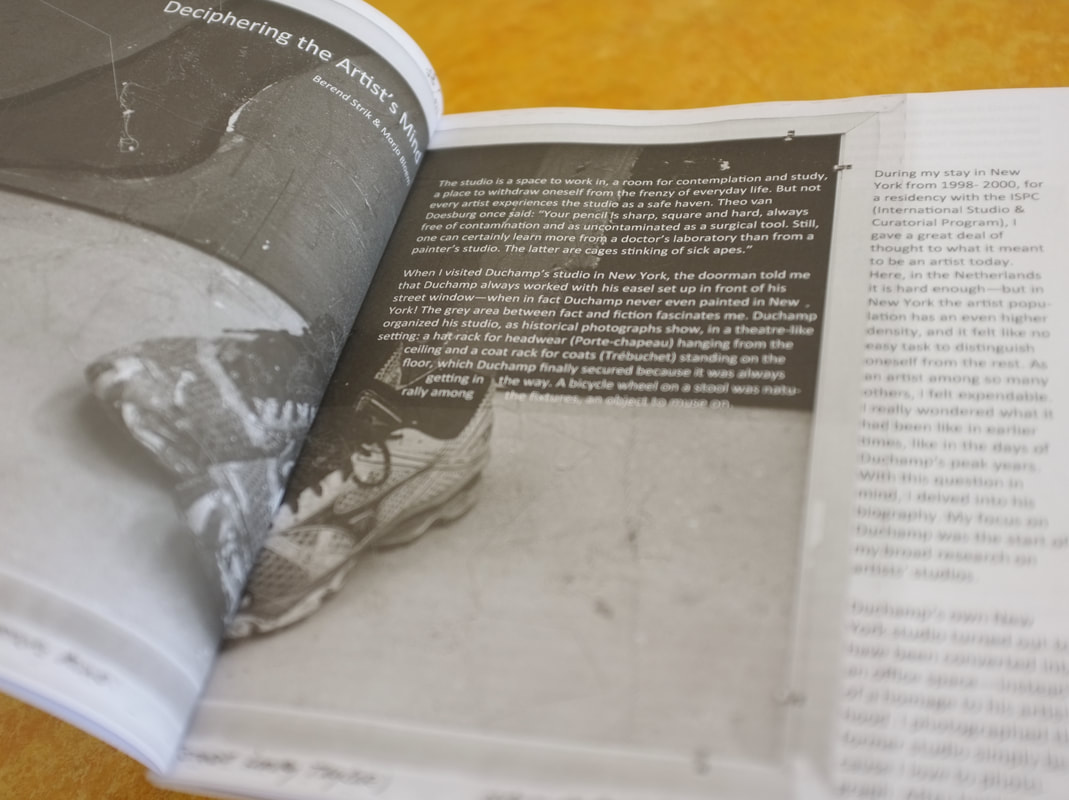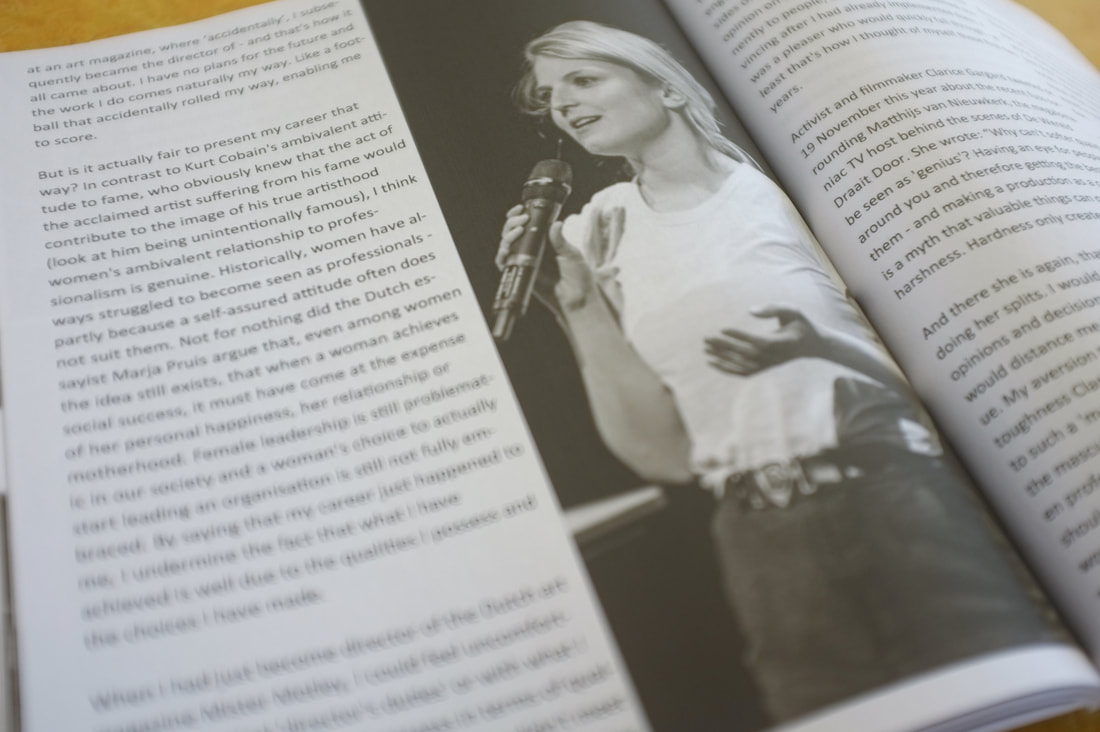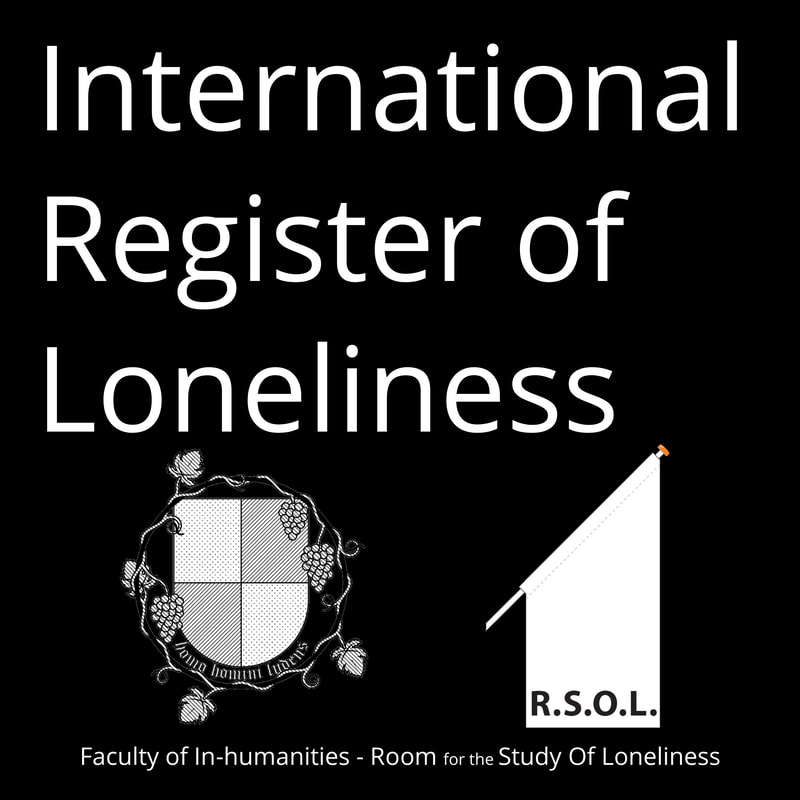The Faculty of In-humanities - R.S.O.L.
New Coat of Arms of the Faculty of In-humanities, Tom Putman, 2020
The Faculty of In-humanities consists of artists, scholars and researchers and was founded January 2018 by Dean Ton Kruse. The Faculty is based in R.S.O.L. (Room for the Study Of Loneliness), Deventer, the Netherlands. ⇲
Research of the Faculty is grouped around the following subjects:
The Faculty wants to function as a catalyst for interaction, co-operation and concurrence of research done by both artists and scholars. The Faculty relies on the personal commitment and professional dedication of its partners and focuses on the goods intrinsic to the practice of contemporary art. The Faculty is both a work of art and a genuine, non-institutionalised Faculty of artists, scholars and researchers. The names of partners are not listed online, except for actual faculty manifestations.
Research of the Faculty is grouped around the following subjects:
- the place and status of artists and art in contemporary society
- the nature, working and meaning of the work of art in general and in particular
- the nature, working and meaning of artisthood in general and in particular
- contemporary art as a distinctive mode for understanding and doing art
The Faculty wants to function as a catalyst for interaction, co-operation and concurrence of research done by both artists and scholars. The Faculty relies on the personal commitment and professional dedication of its partners and focuses on the goods intrinsic to the practice of contemporary art. The Faculty is both a work of art and a genuine, non-institutionalised Faculty of artists, scholars and researchers. The names of partners are not listed online, except for actual faculty manifestations.
|
|
open house during the last weekend of the Salon:
|
|
'Zulke ervaringen en gedachten maakten mij (...) eenzaam omdat ik er niet over kon praten. Ik had er (...) geen woorden voor. En toen ik die wel kreeg, vonden die geen weerklank in mijn omgeving. (...) Mij helpt het om eenzaamheid te duiden als een verlangen naar transformatie. De kunst wordt dan (...) in beweging (...) komen. (...) De binnenwereld van een ander kun je (...) niet betreden. In die zin zijn wij eenzame wezens. Maar het bijzondere (...) is dat wij wel kunnen verlangen naar het kennen van de binnenwereld van een ander. Dat verlangen is 'mooi'. In dat verlangen schuilt schoonheid.' M. Slob, Volkskrant 21-12-2020
|
Listen (Ken Montgomery, 2018) performed by Martín La Roche, in his Le Musée Légitime, februari 2021:
|
|
out of order (2021)
'Out of order' is an installation piece done by four Faculty partners, including the Dean. It was done on request for an artist's collective in Berlin, that was participating in an international biennial with their space. The parts of the piece were sent to the collective with instructions for implementation. Due to deficiencies in its presentation by the collective, it was then withdrawn by the Faculty. info / info / info / info
|
Dirk van Weelden, Literair overleven, 2008
|
“We found that lonely individuals are exceptionally dissimilar to their peers in the way that they process the world around them,” says Elisa Baek of the University of Southern California. Baek and colleagues Ryan Hyon, Karina López, Meng Du, Mason A. Porter, and Carolyn Parkinson (UCLA) compared functional magnetic resonance imaging (fMRI) scans of 63 first-year university students and found that the brain activity of lonely participants was very dissimilar to that of both nonlonely participants and of other lonely participants. By comparison, the brain activity of nonlonely participants was similar to that of other nonlonely participants. This was especially true in the default-mode network, in which brain activity appears associated with interpreting narratives and friendships and in the reward-processing areas of the brain. These findings remained significant even when the researchers corrected for demographic characteristics and the size of participants’ social networks. source
"Lonely people process the world idiosyncratically, which may contribute to the reduced sense of being understood that often accompanies loneliness,” the researchers concluded: "Lonely people may view the world in a way that is different from their peers. These findings raise the possibility that being surrounded predominantly by people who view the world differently from oneself may be a risk factor for loneliness (even if one socializes regularly with them)." source
Elisa C. Baek et al. Lonely Individuals Process the World in Idiosyncratic Ways, Psychological Science, Volume 34 Issue 6, June 2023
"Lonely people process the world idiosyncratically, which may contribute to the reduced sense of being understood that often accompanies loneliness,” the researchers concluded: "Lonely people may view the world in a way that is different from their peers. These findings raise the possibility that being surrounded predominantly by people who view the world differently from oneself may be a risk factor for loneliness (even if one socializes regularly with them)." source
Elisa C. Baek et al. Lonely Individuals Process the World in Idiosyncratic Ways, Psychological Science, Volume 34 Issue 6, June 2023
|
|
R.S.O.L. & the Status of Reality
contribution to: Let's Work! VU Art Science, 2024 |
|
|
|
photo's 1-4, 6, 8-11, 14, 16, 24, 28: GJ van Rooij, courtesy VU Art Science
|
|
enlarge pictures by clicking on them - some pictures have links to further information

